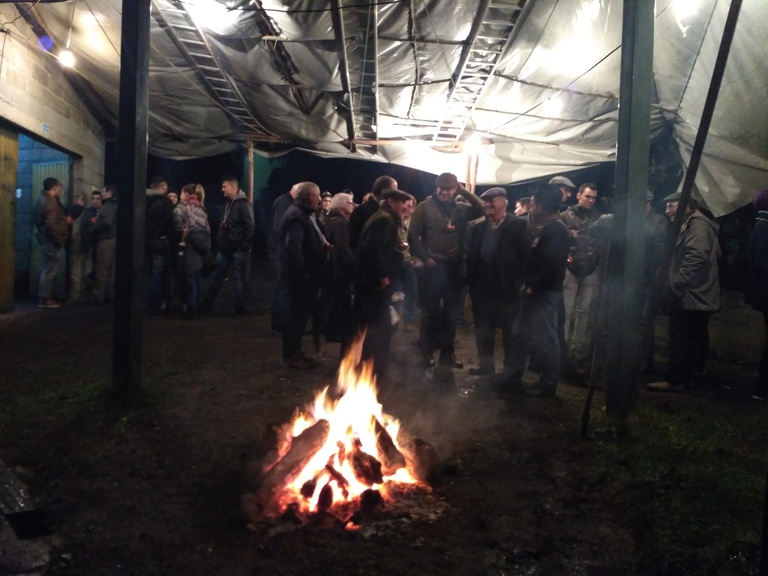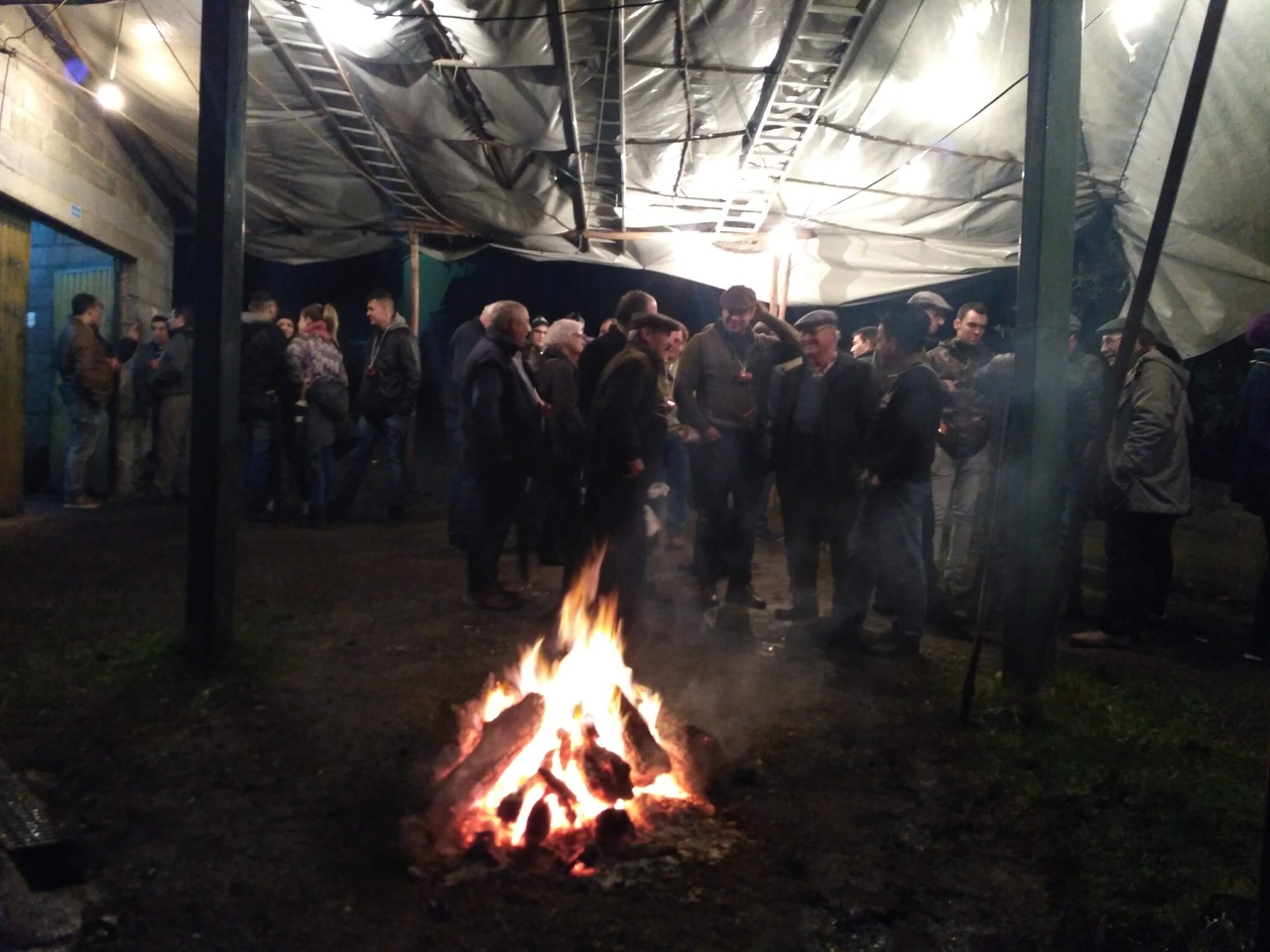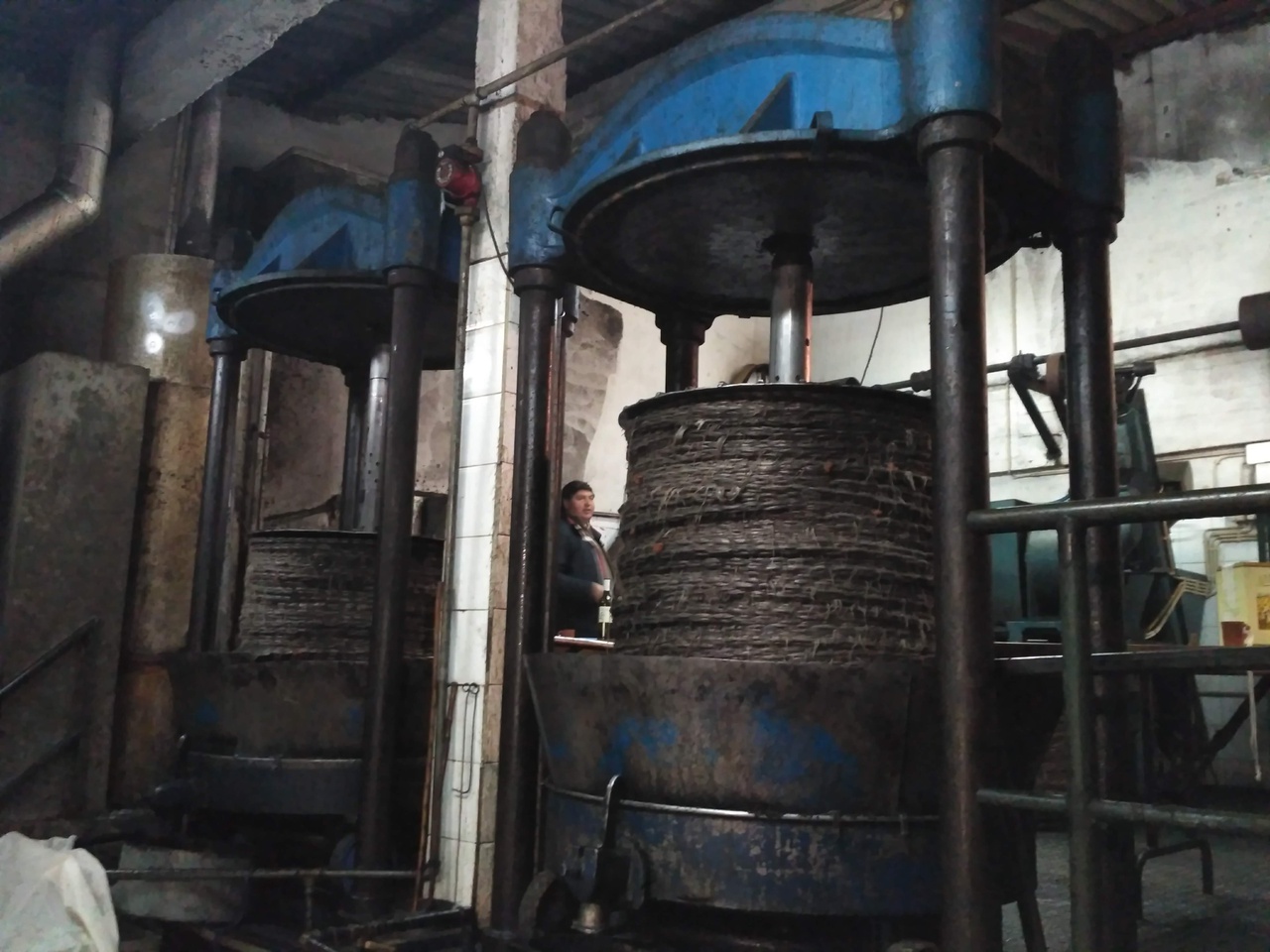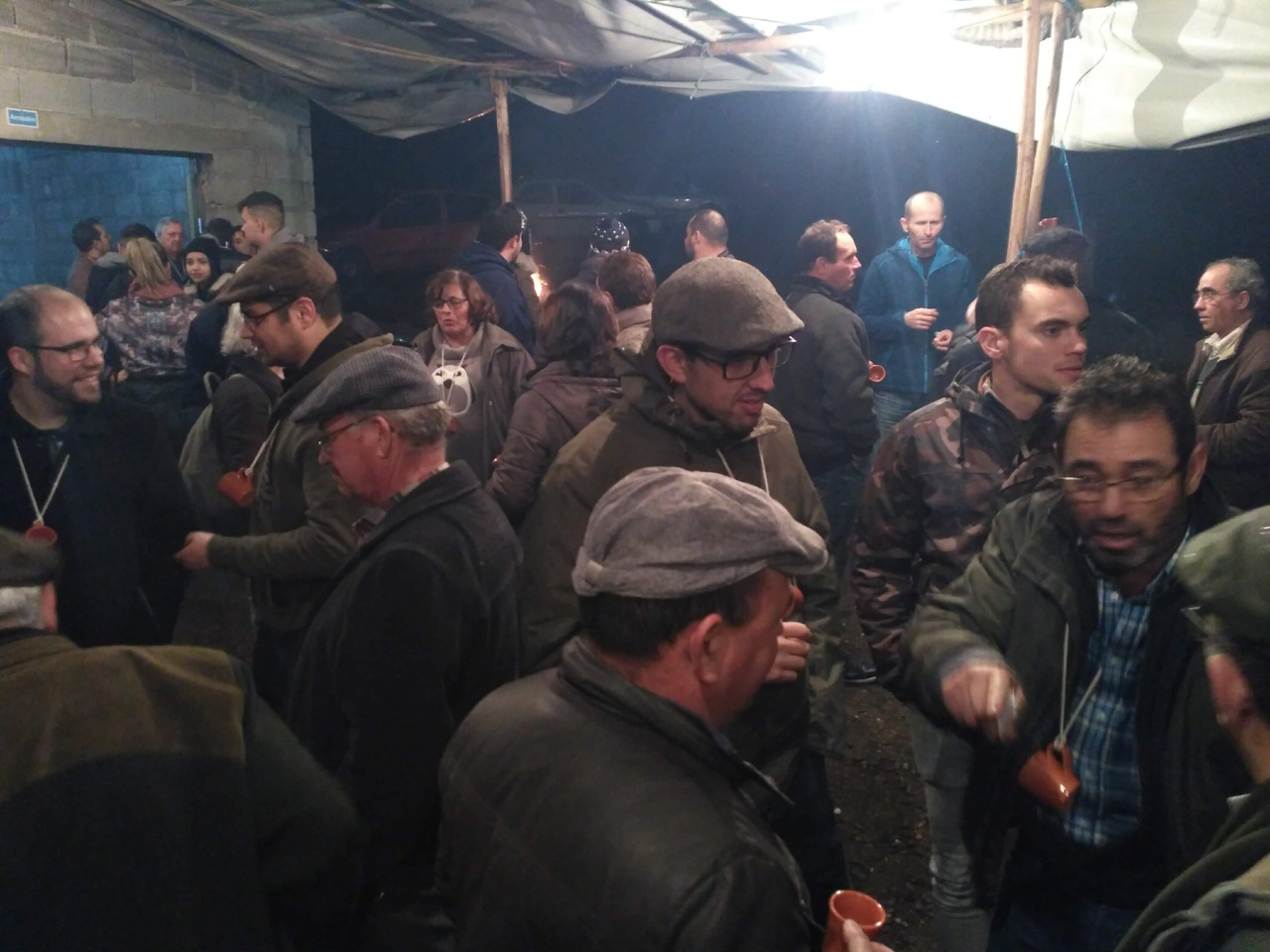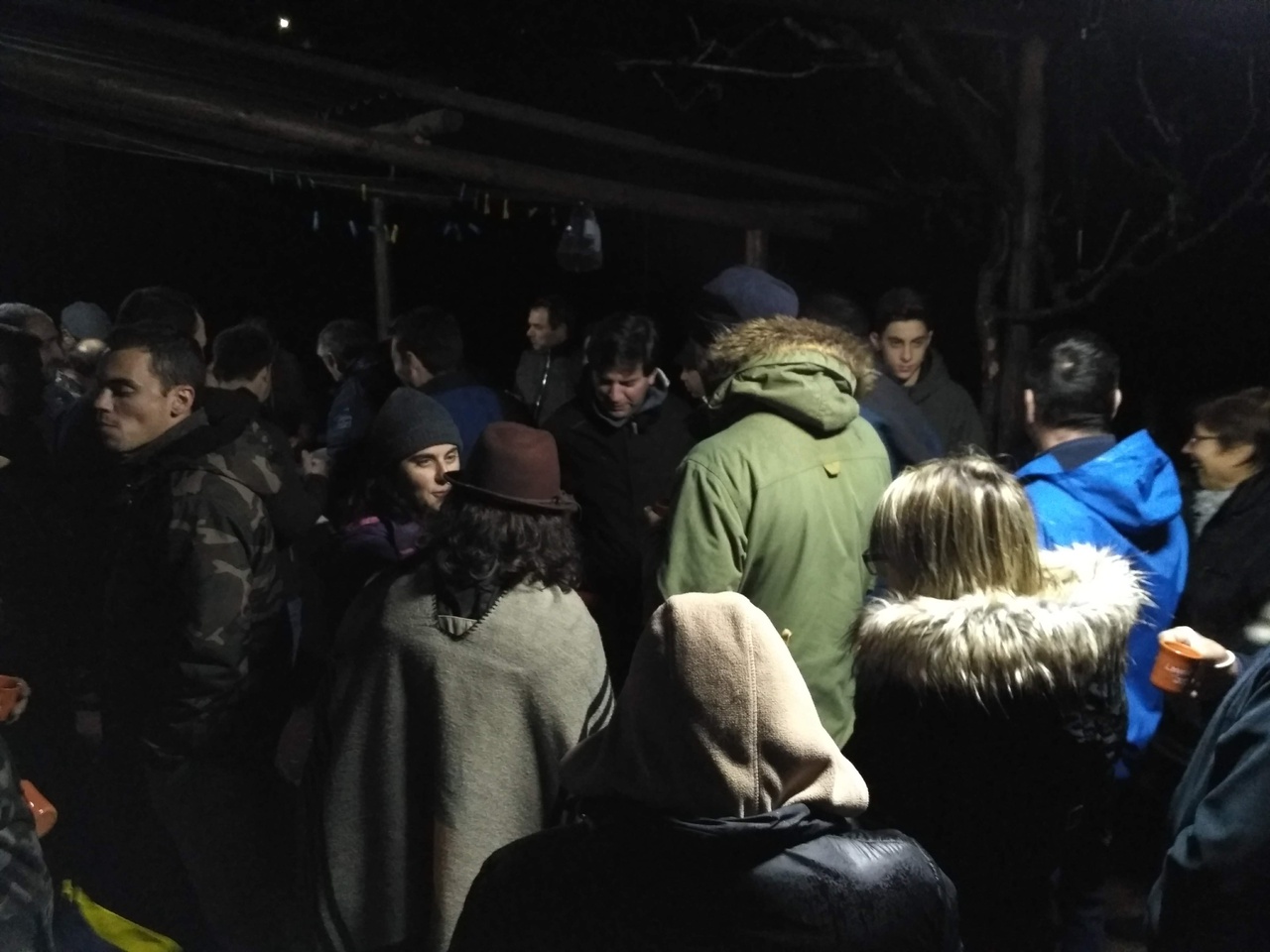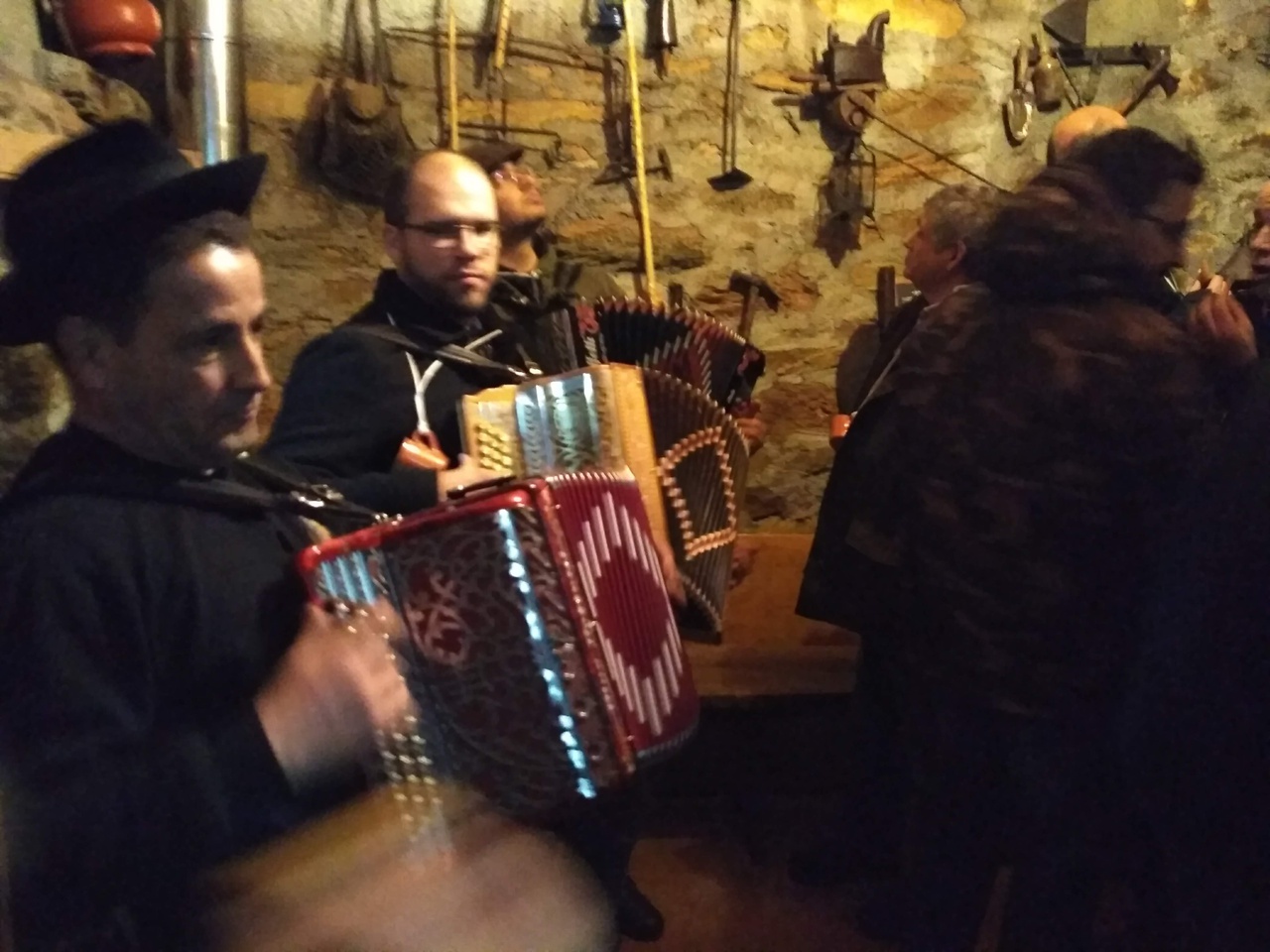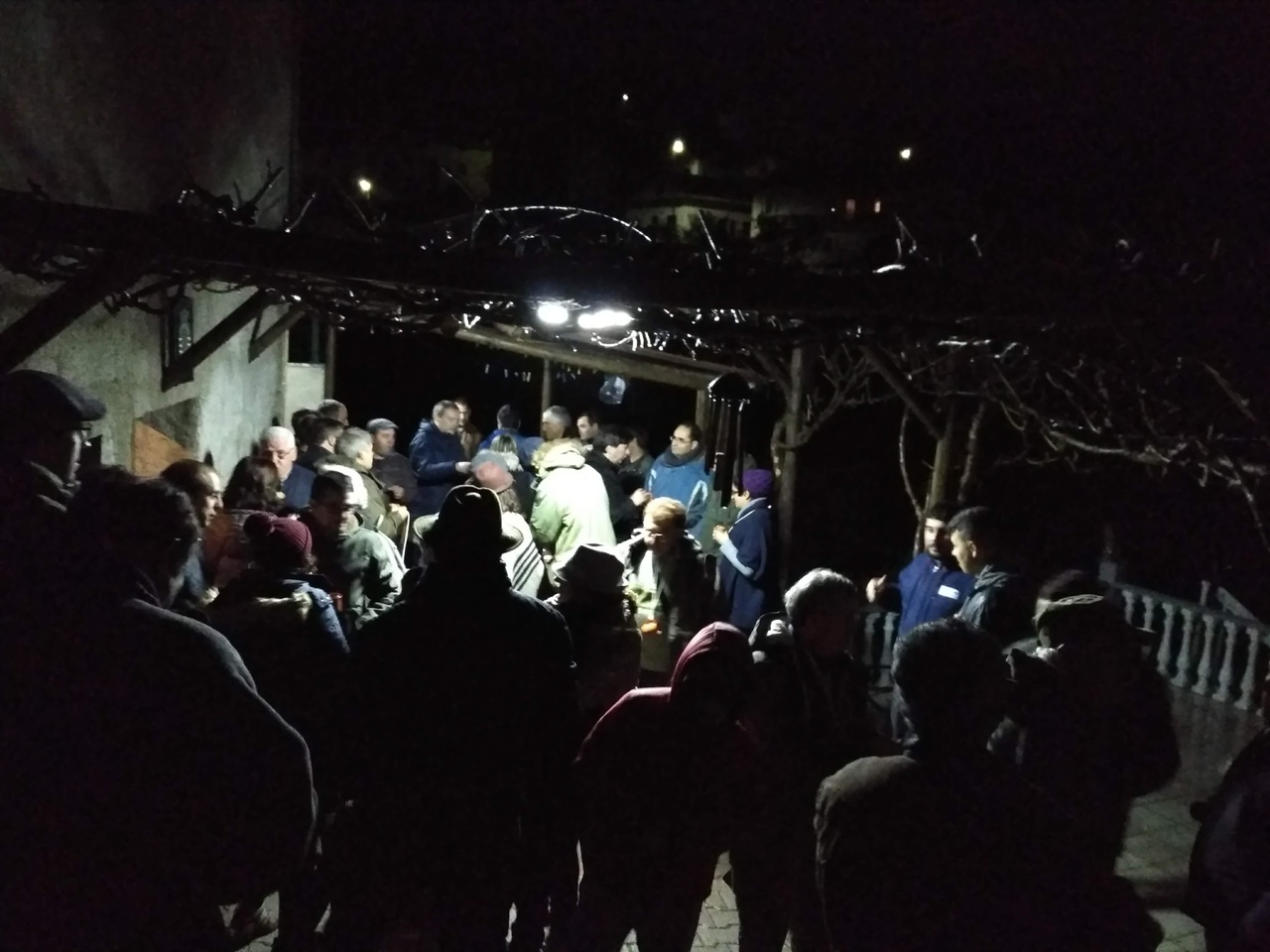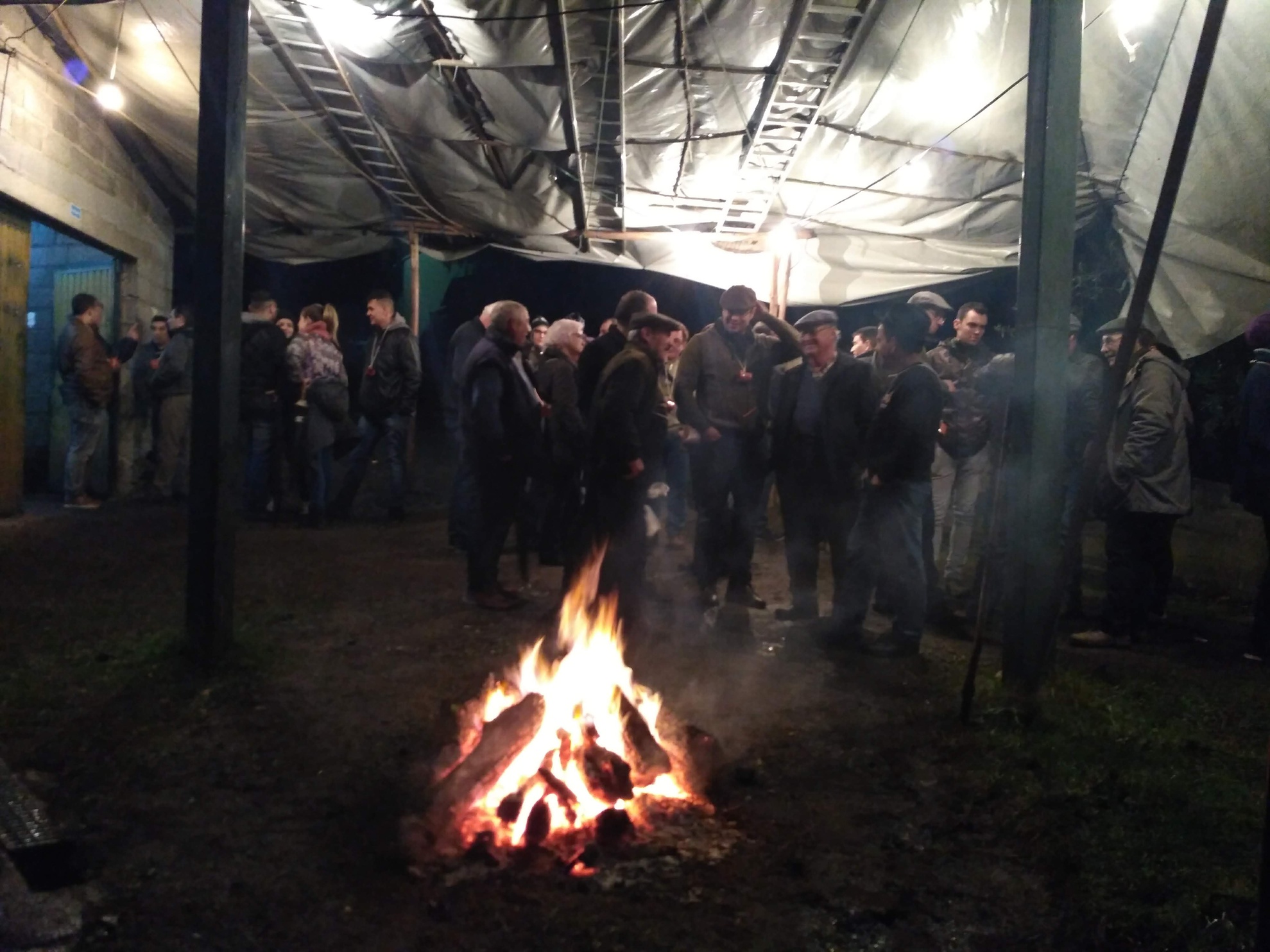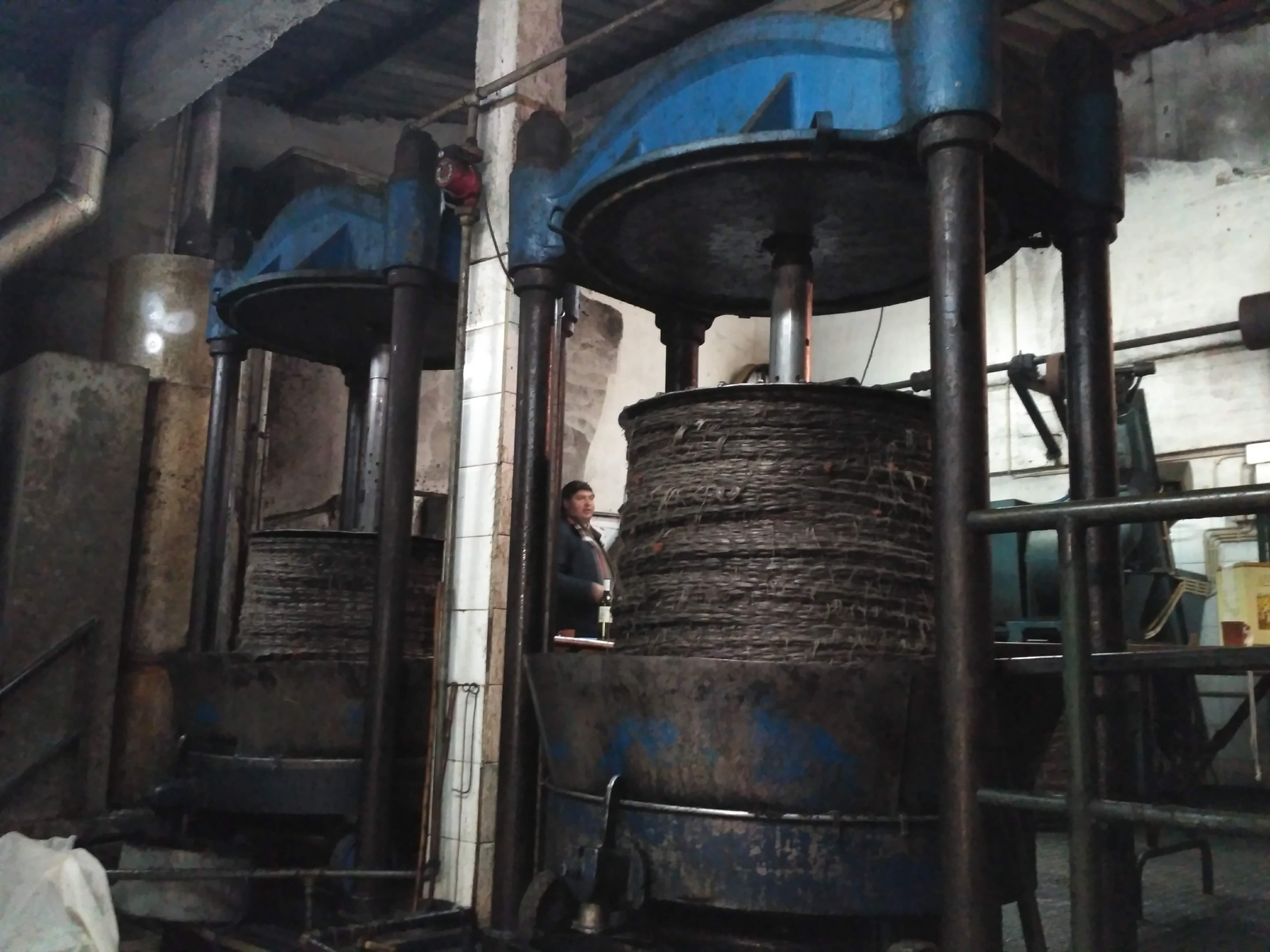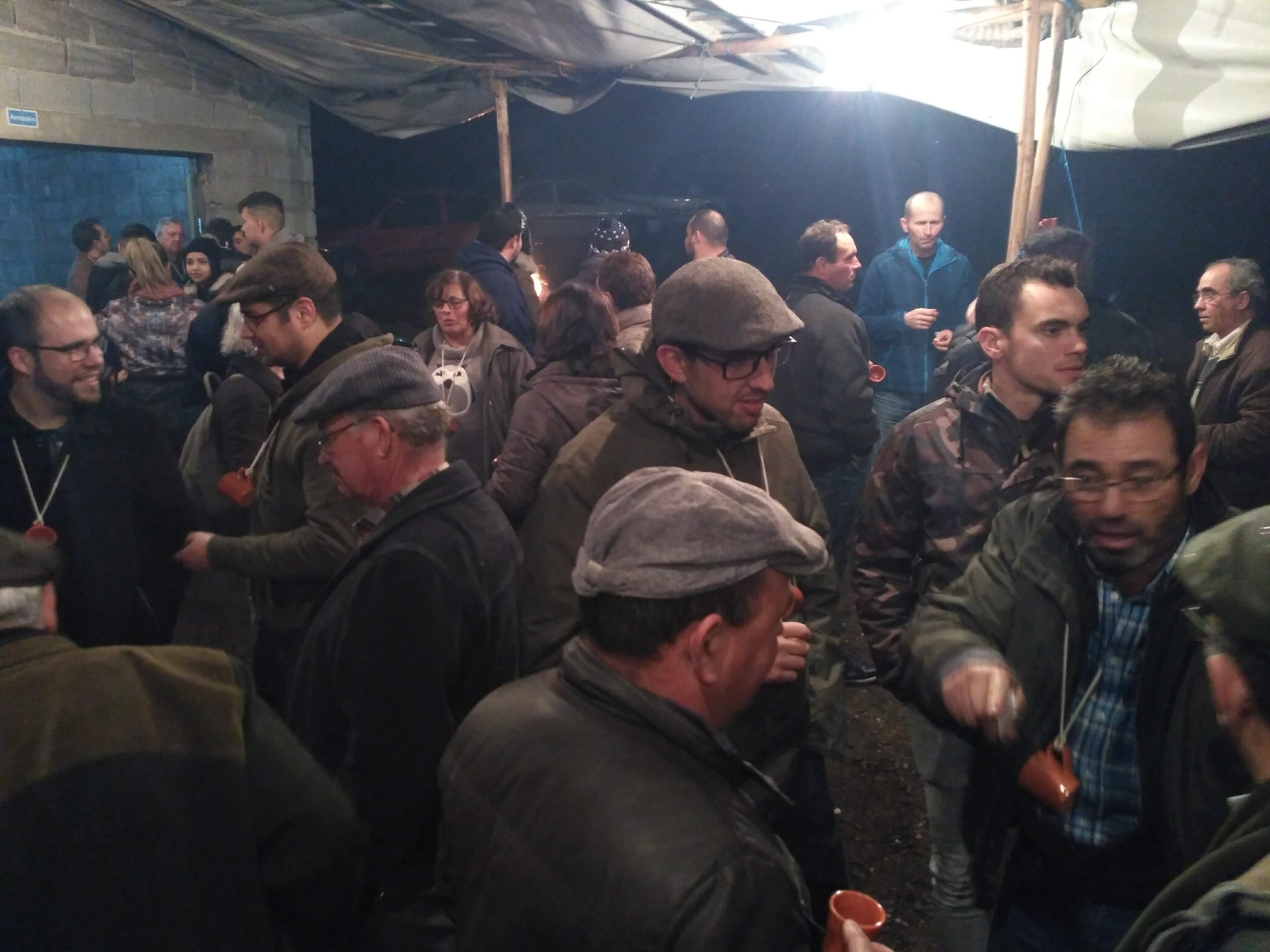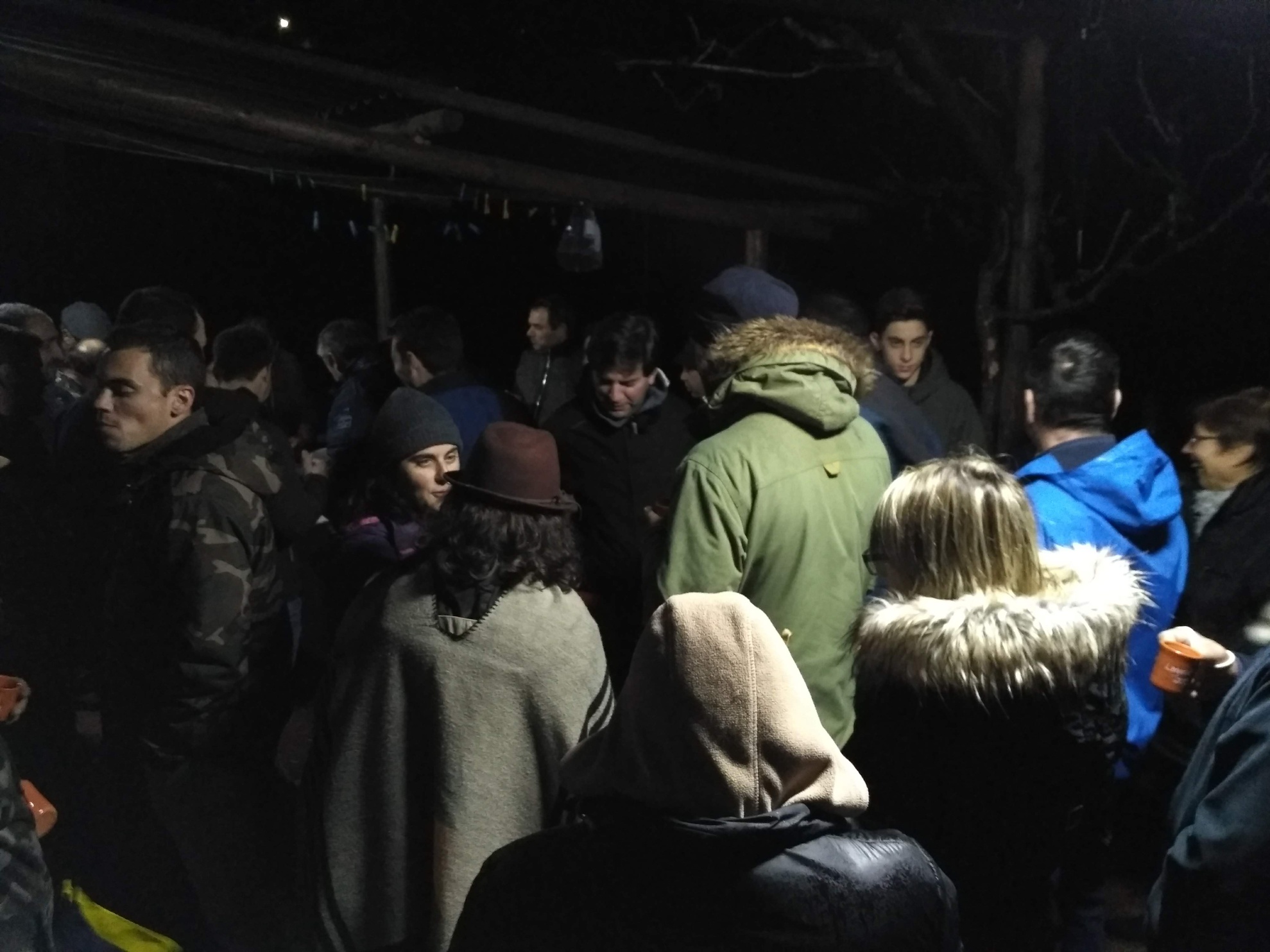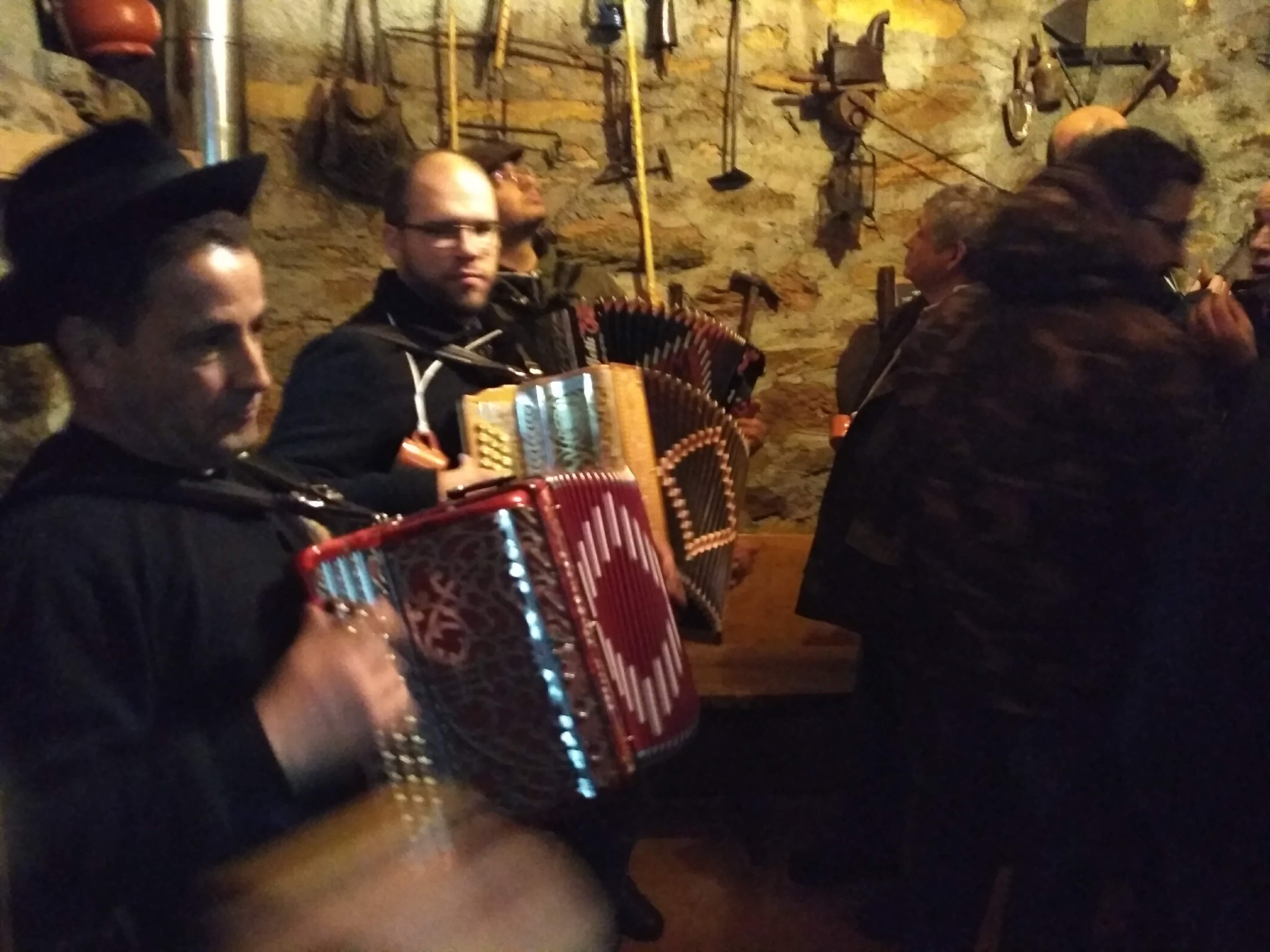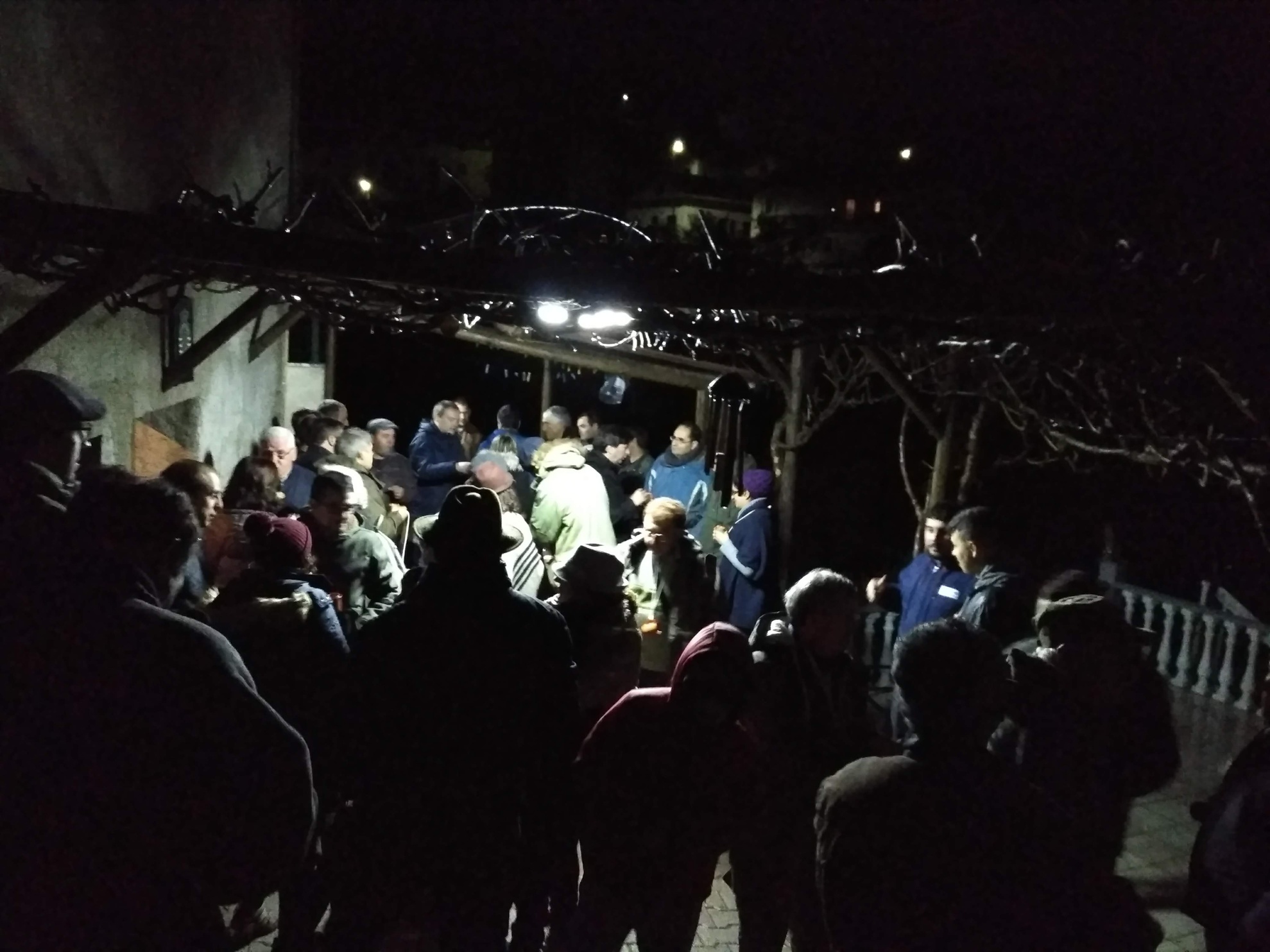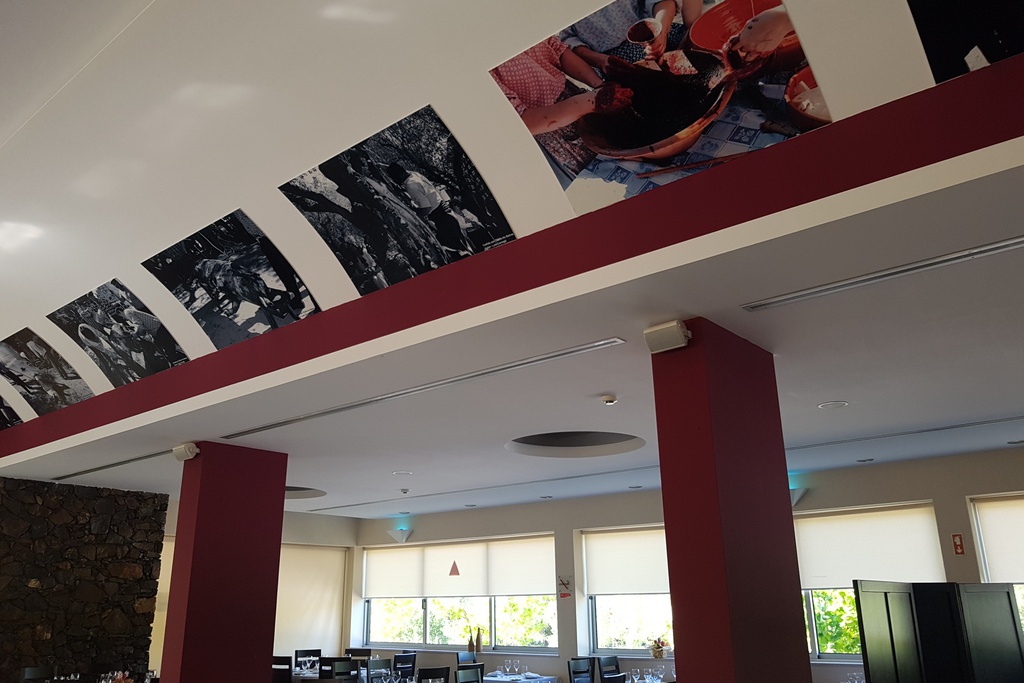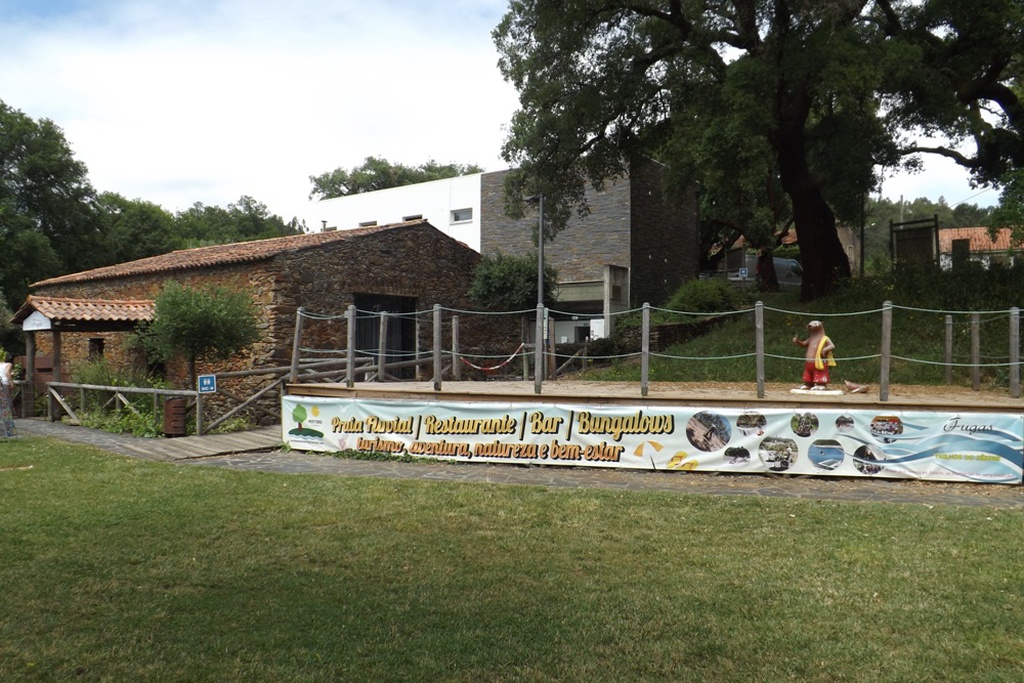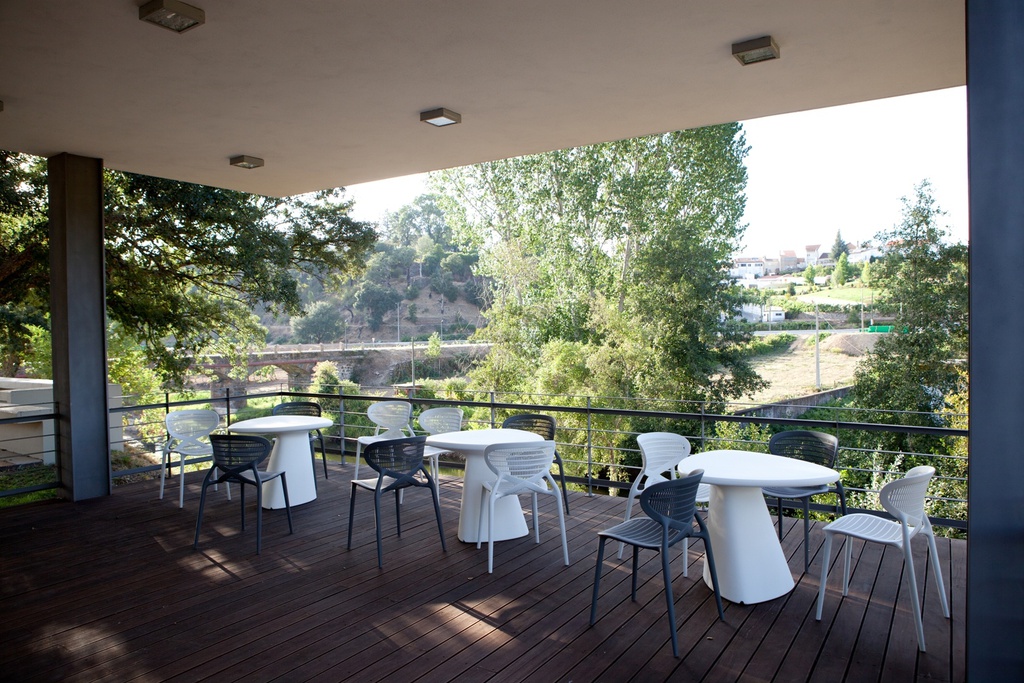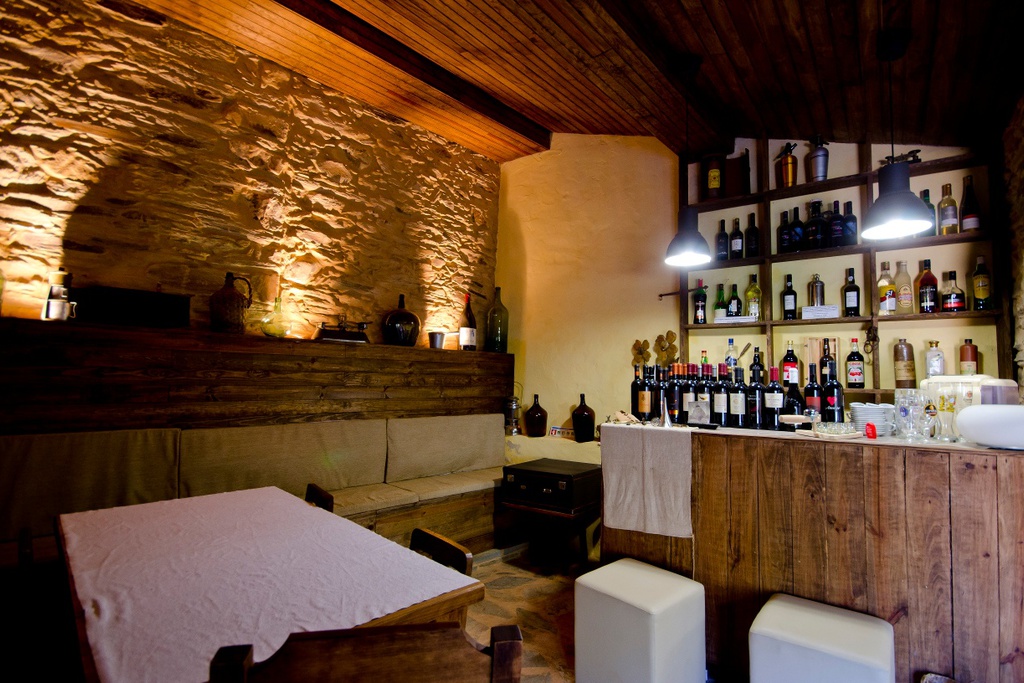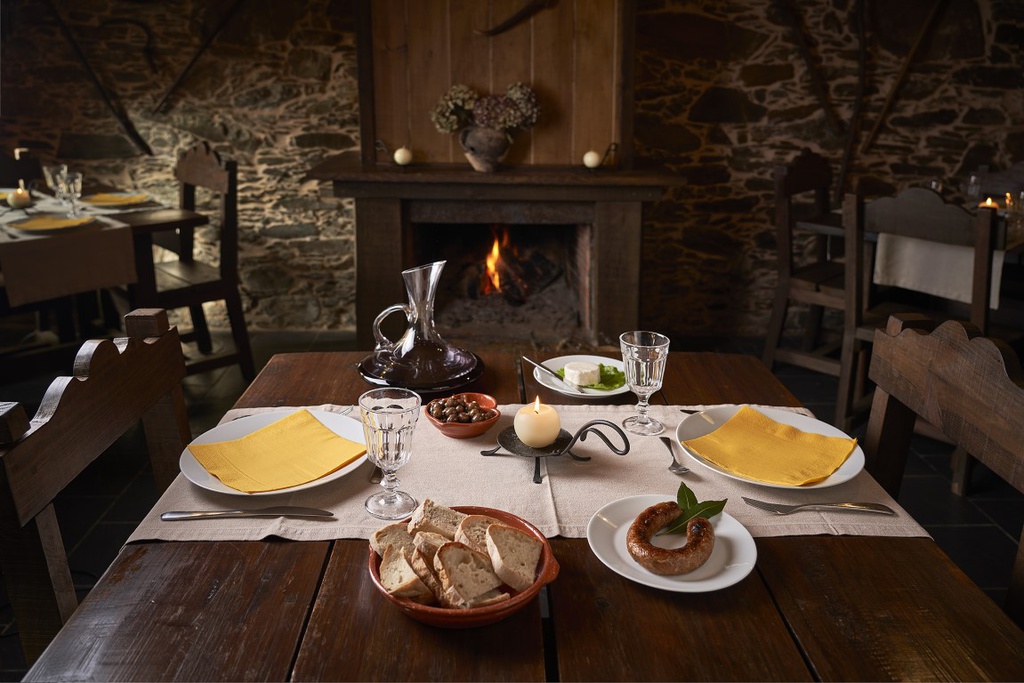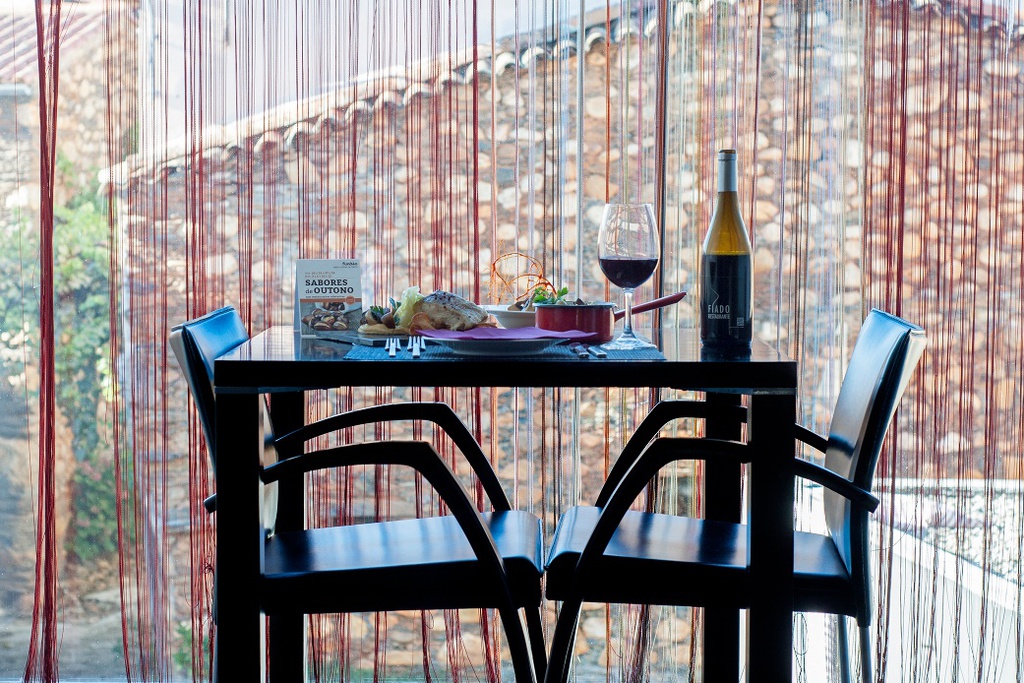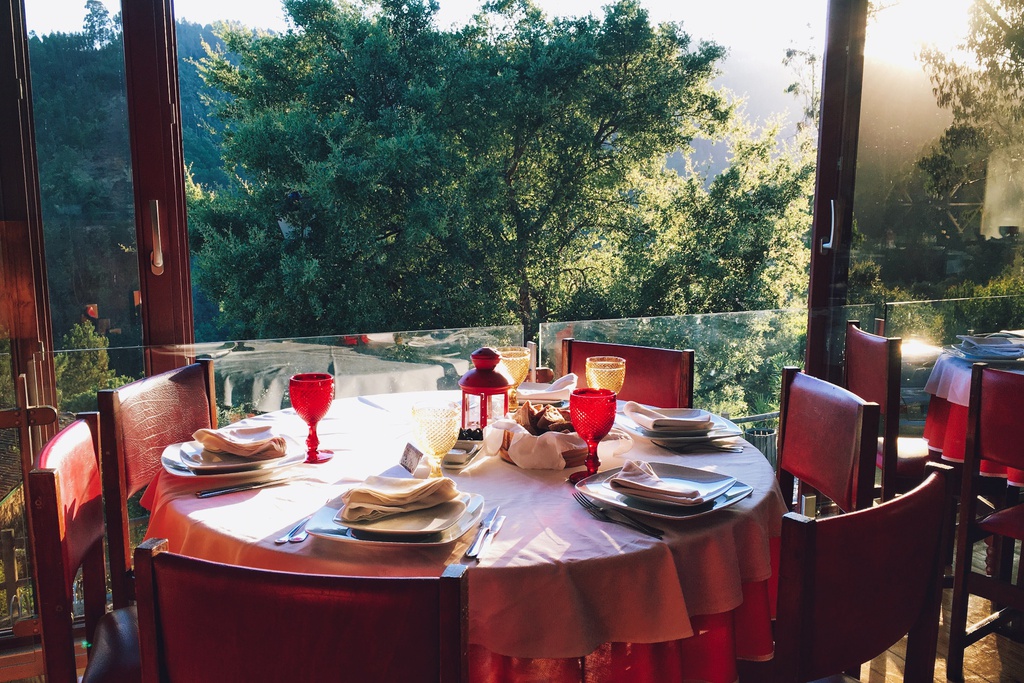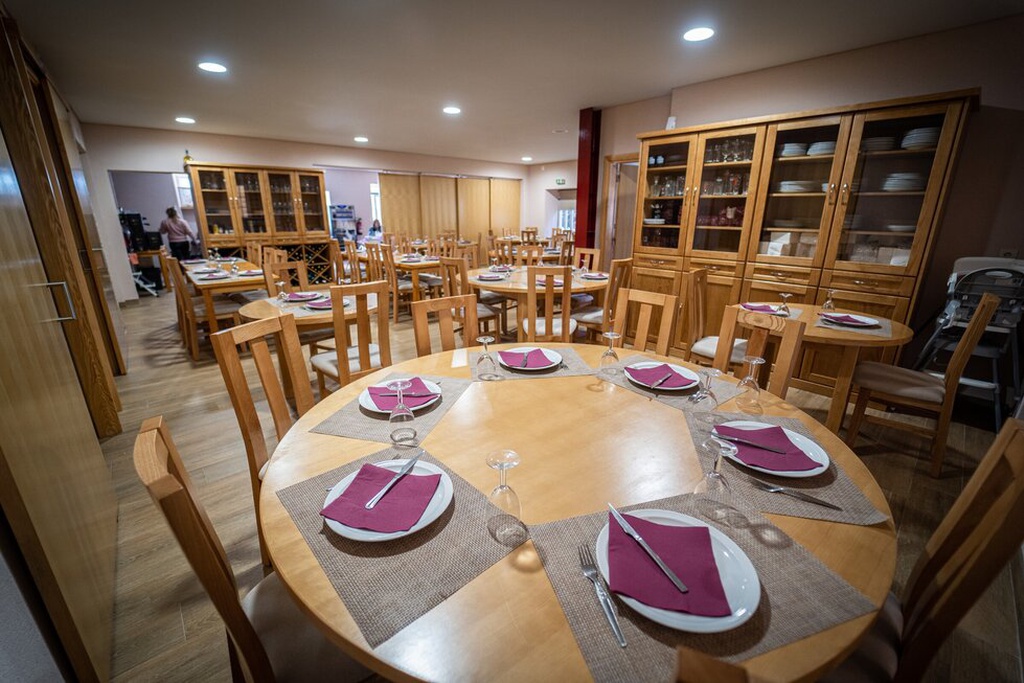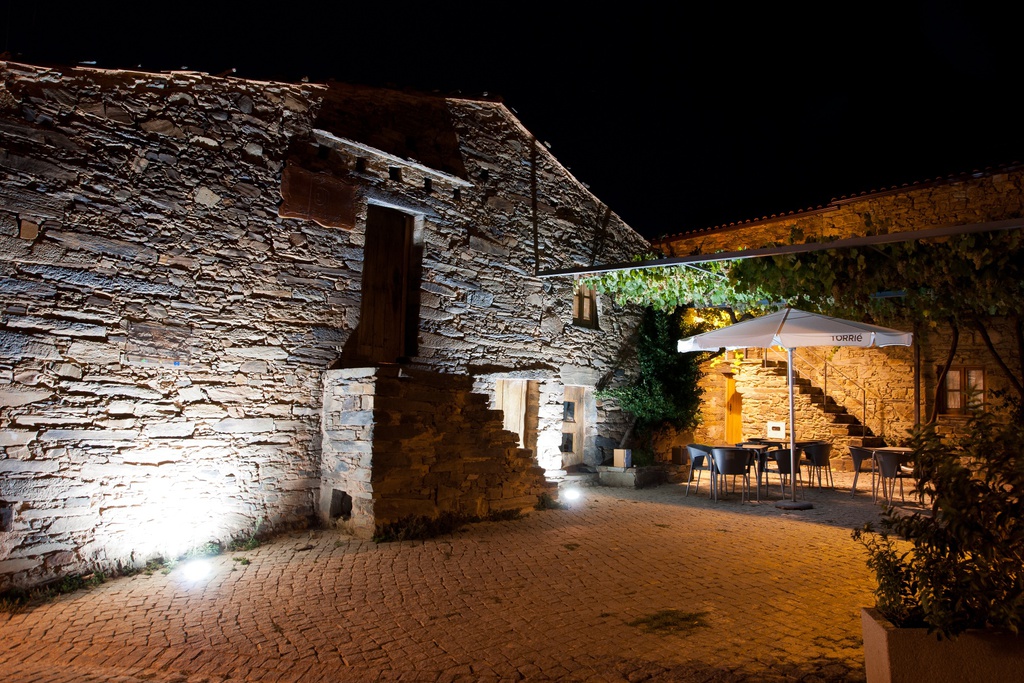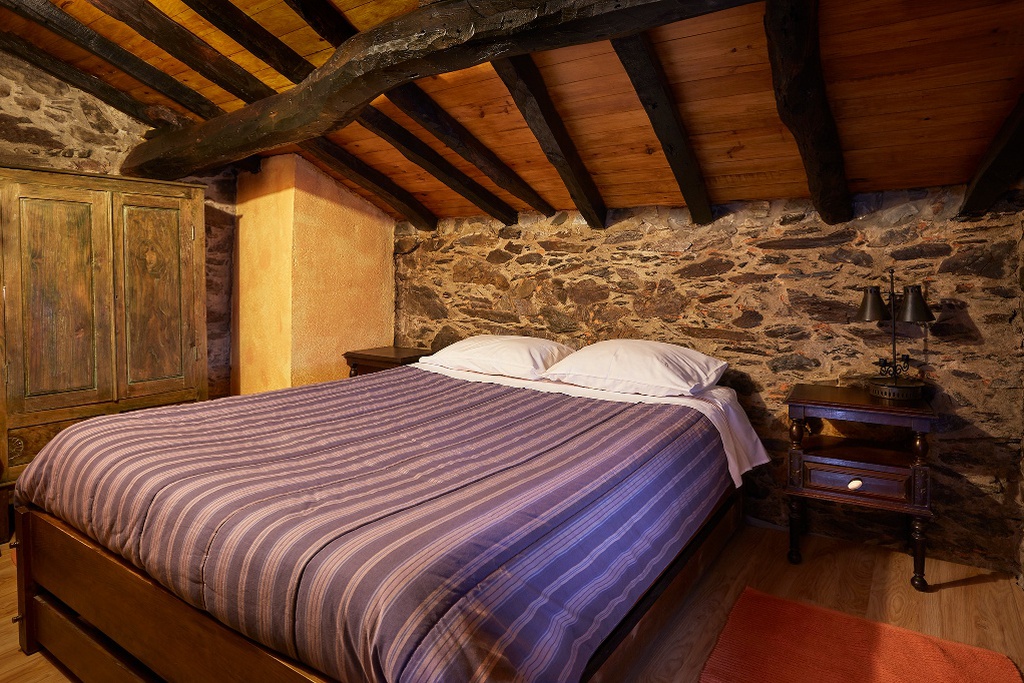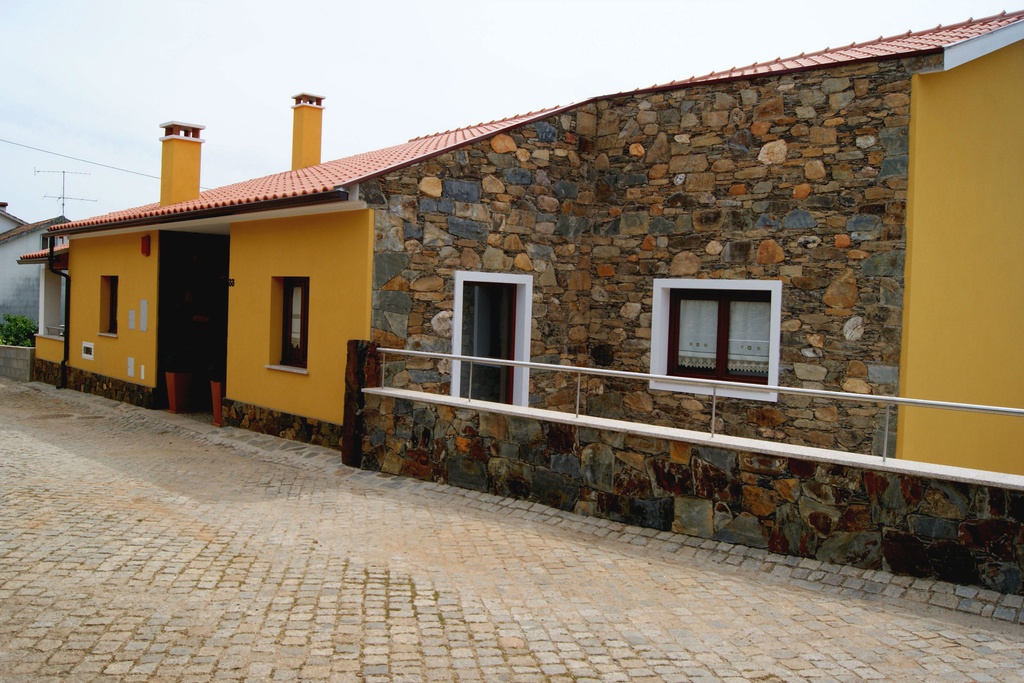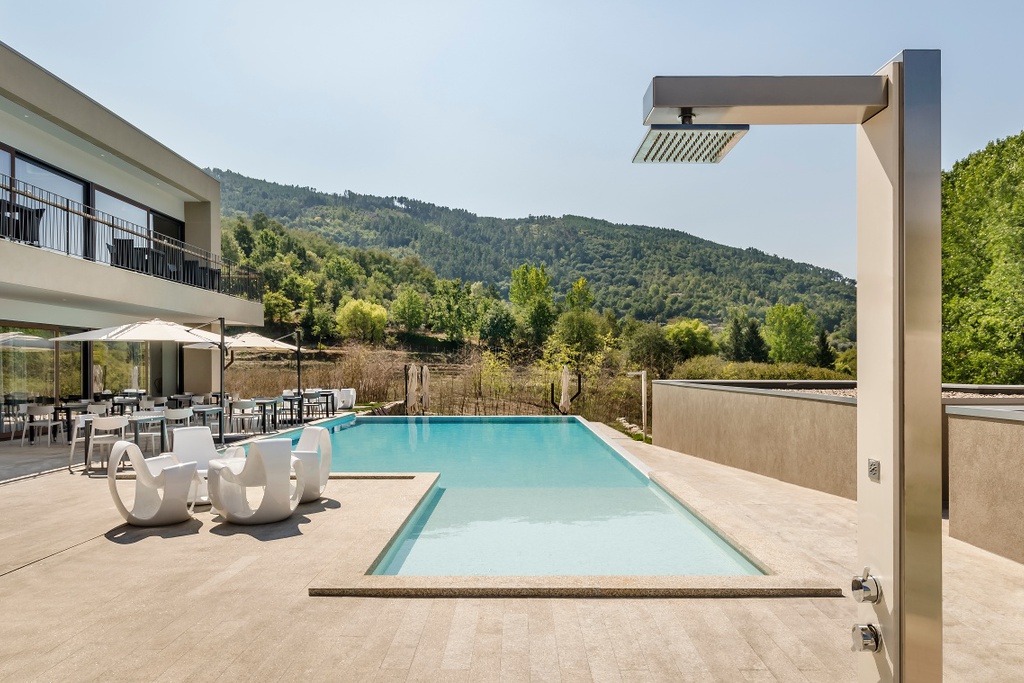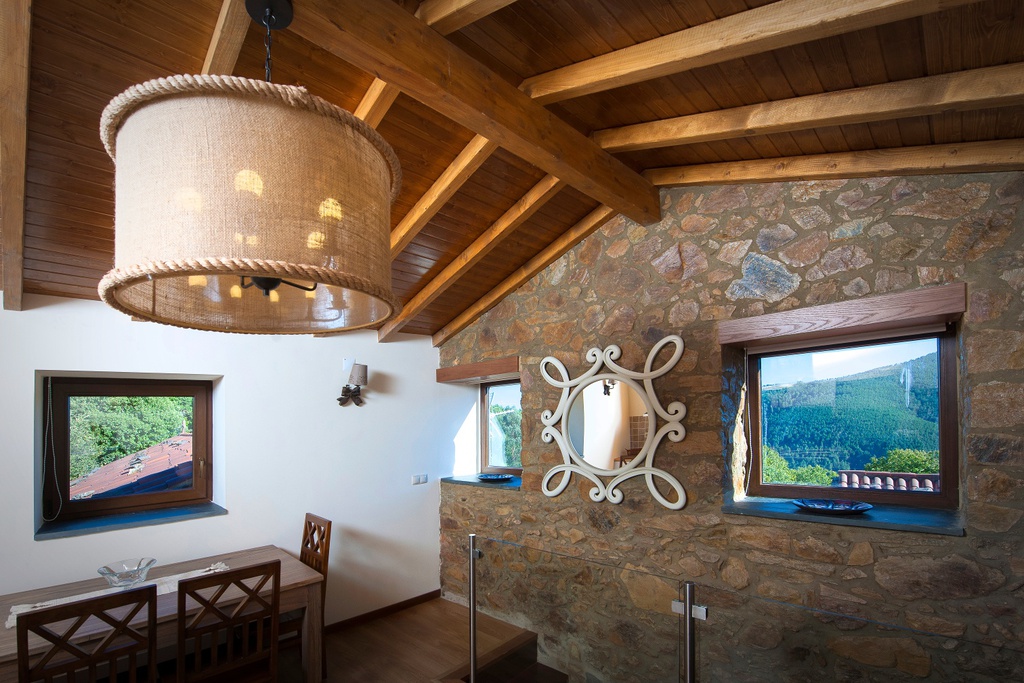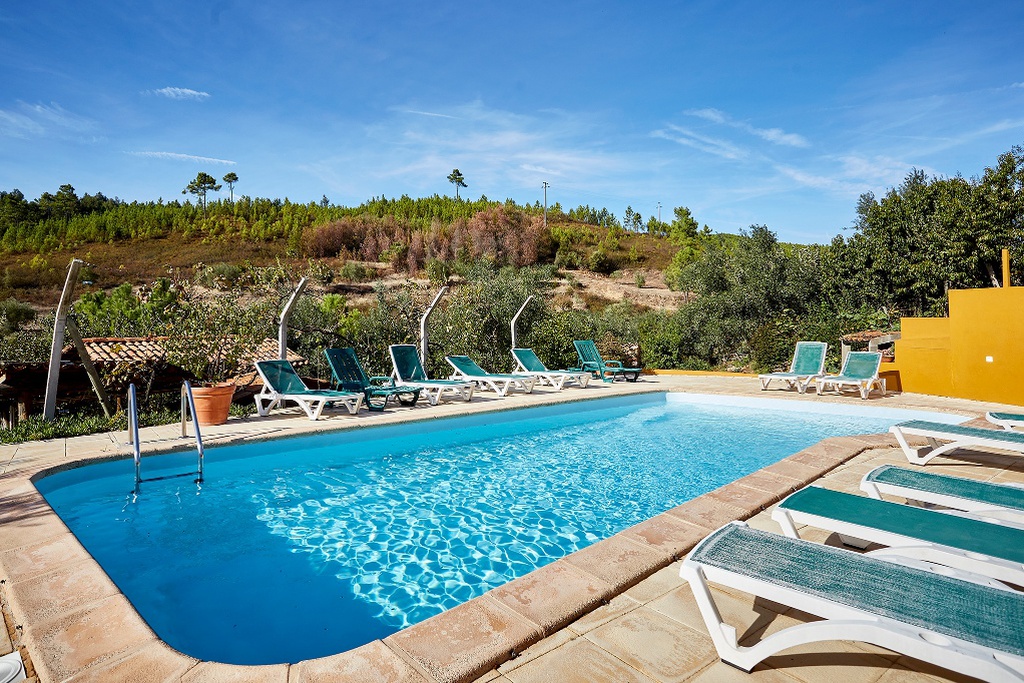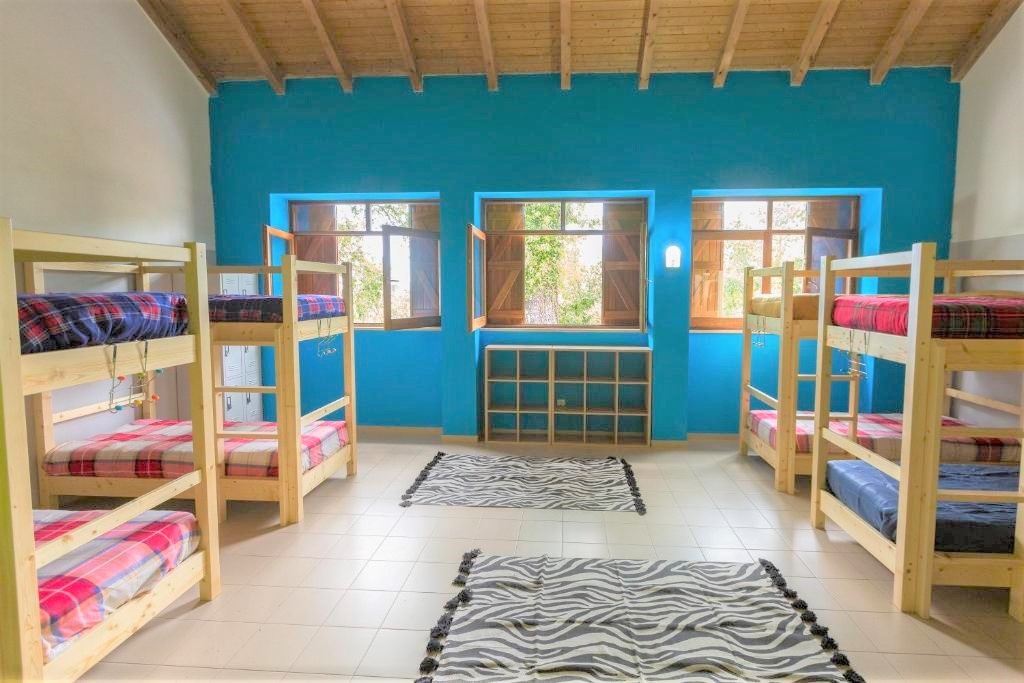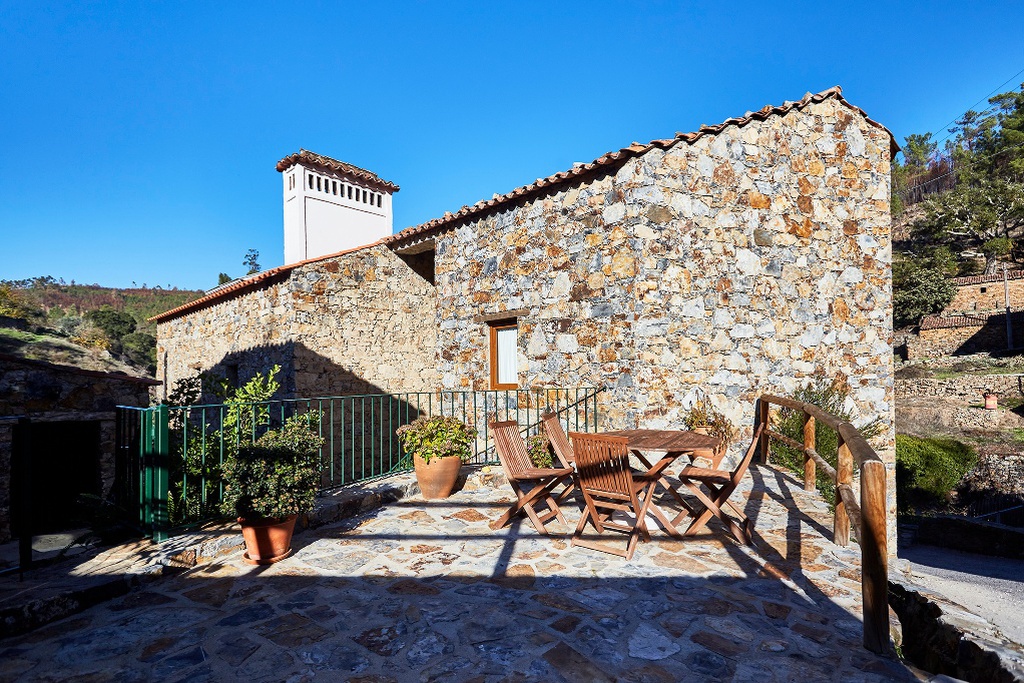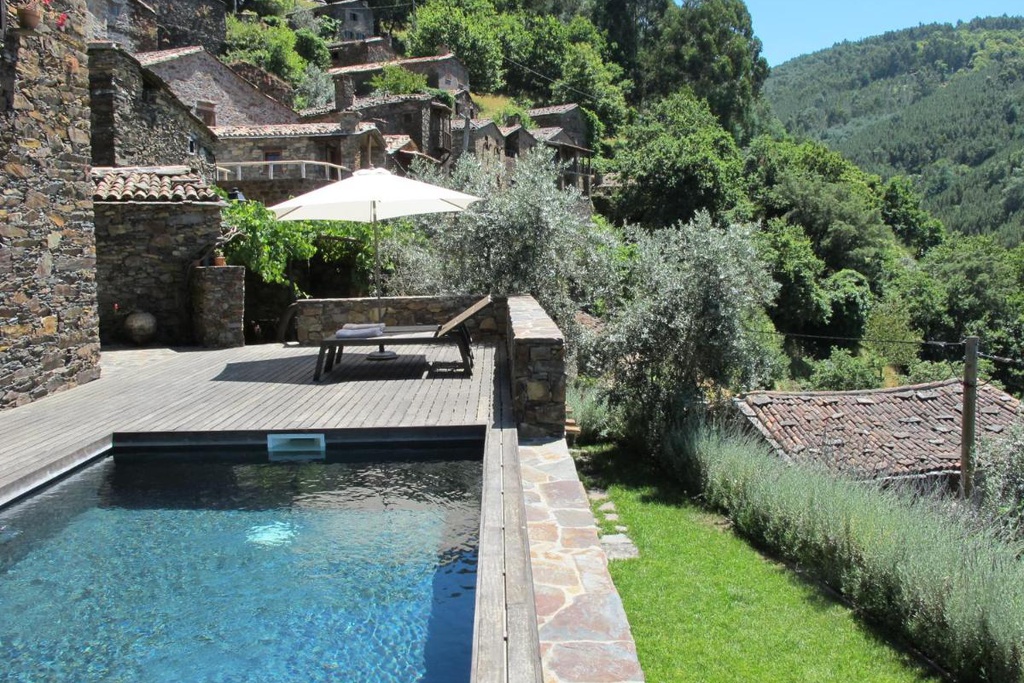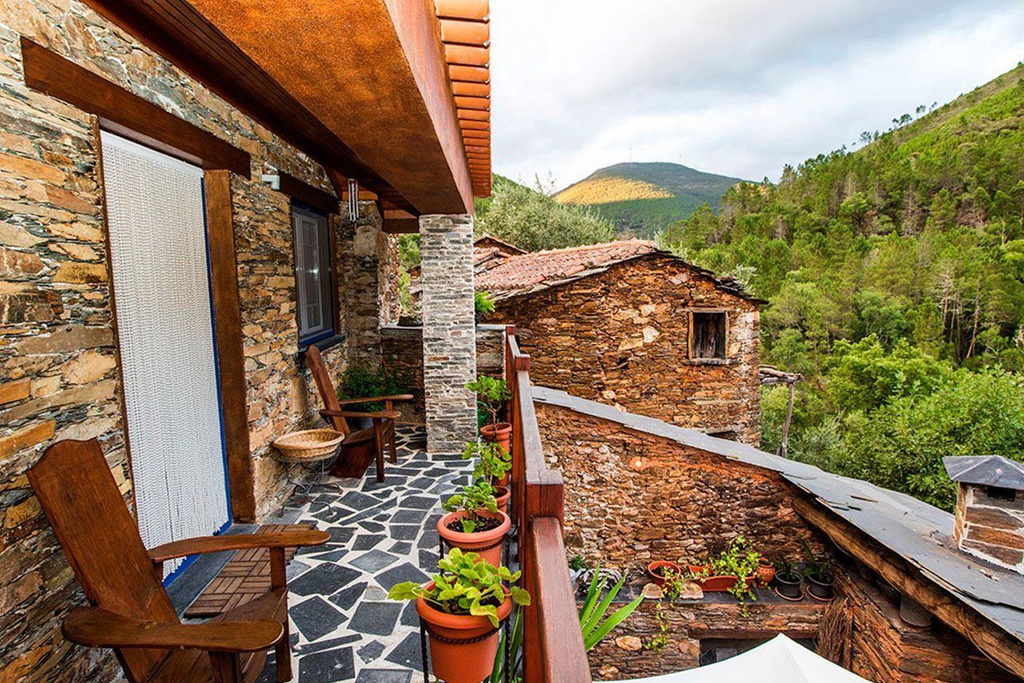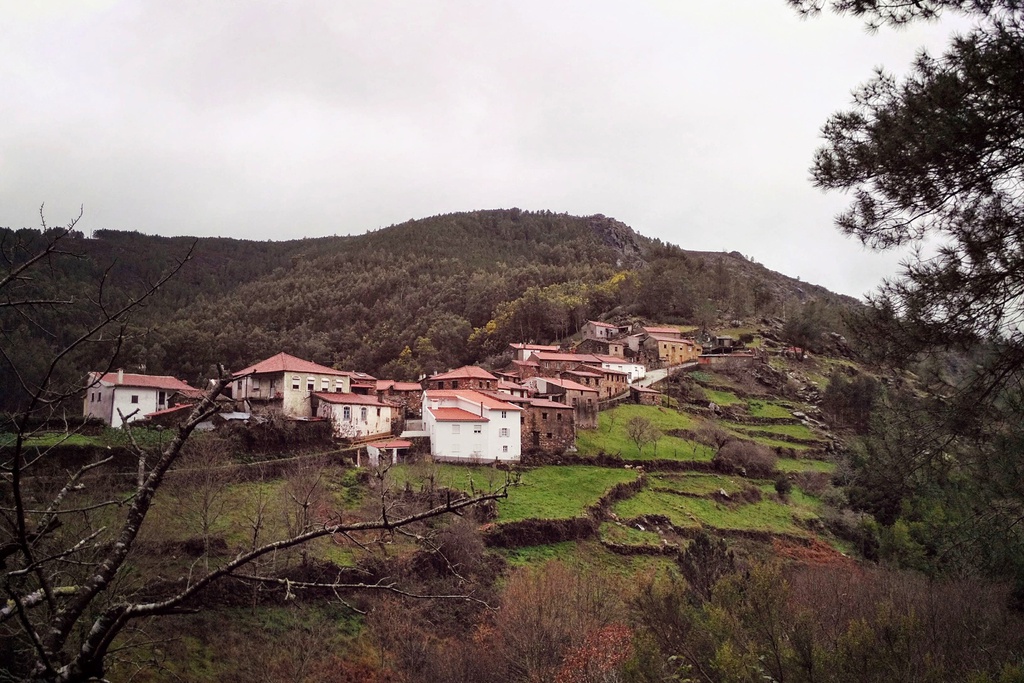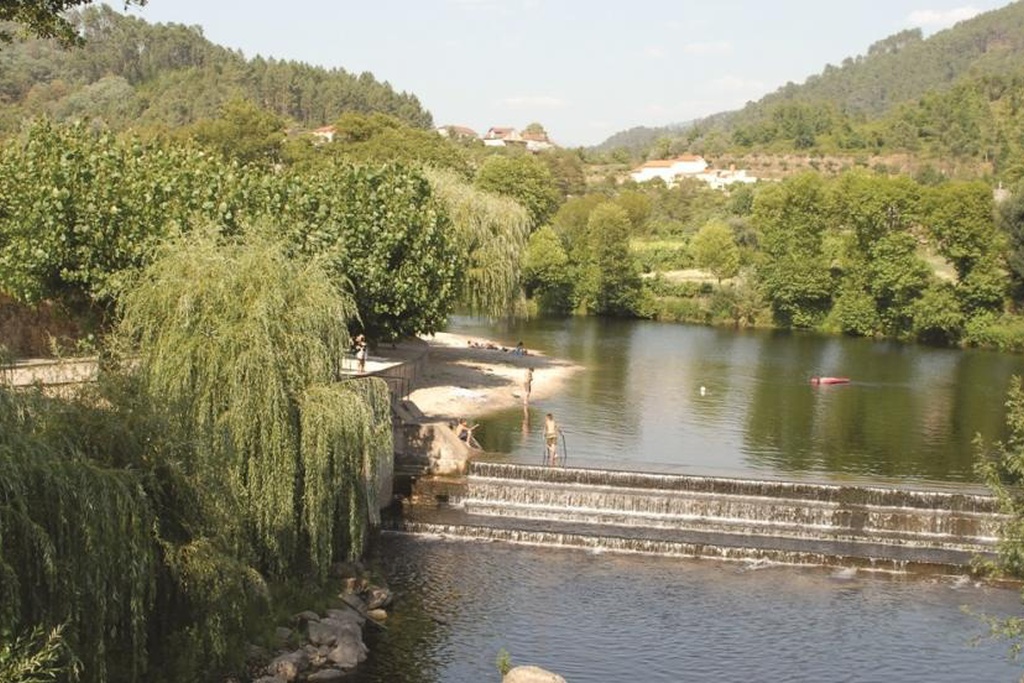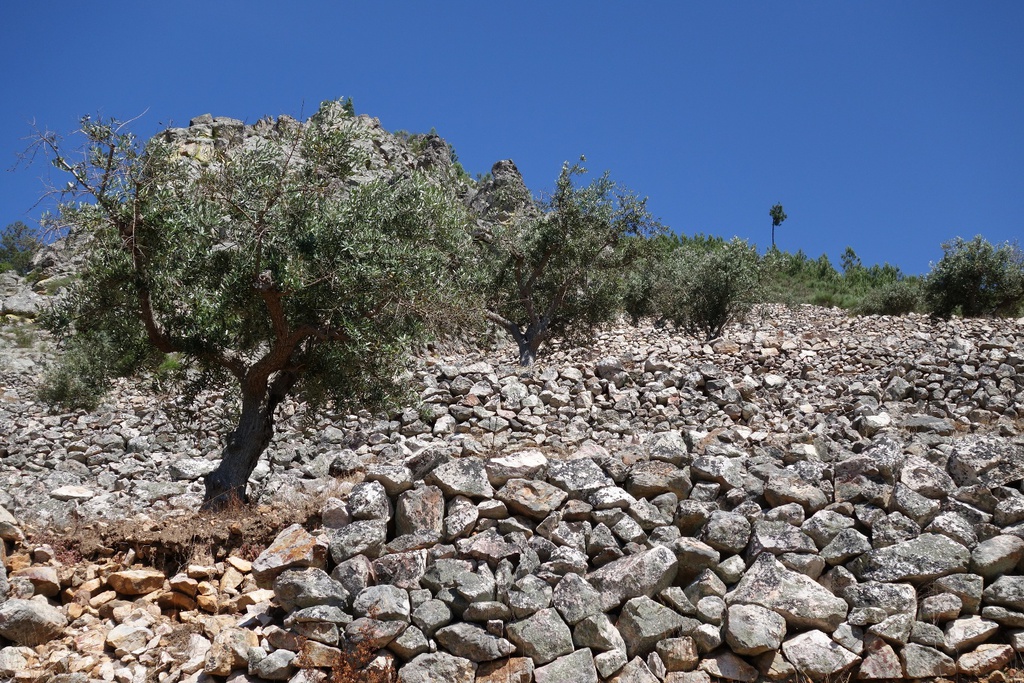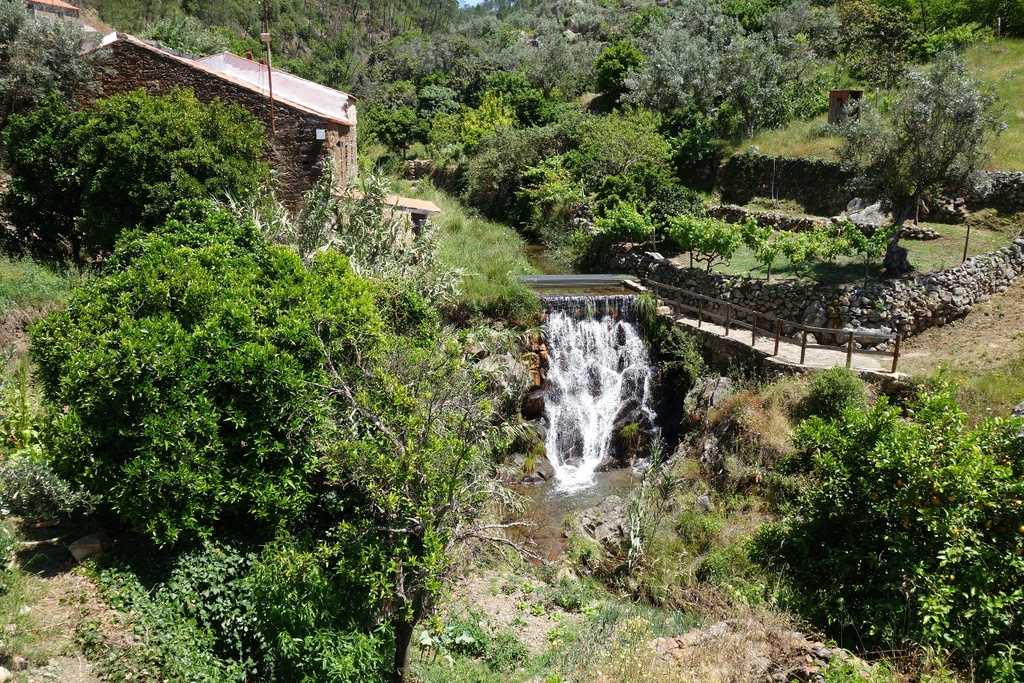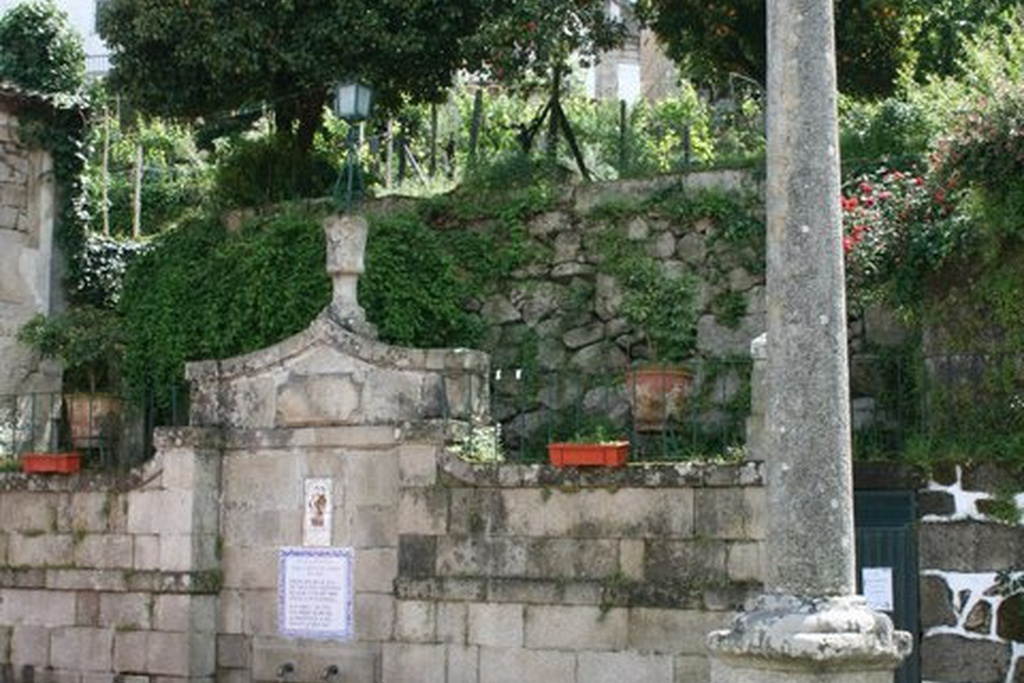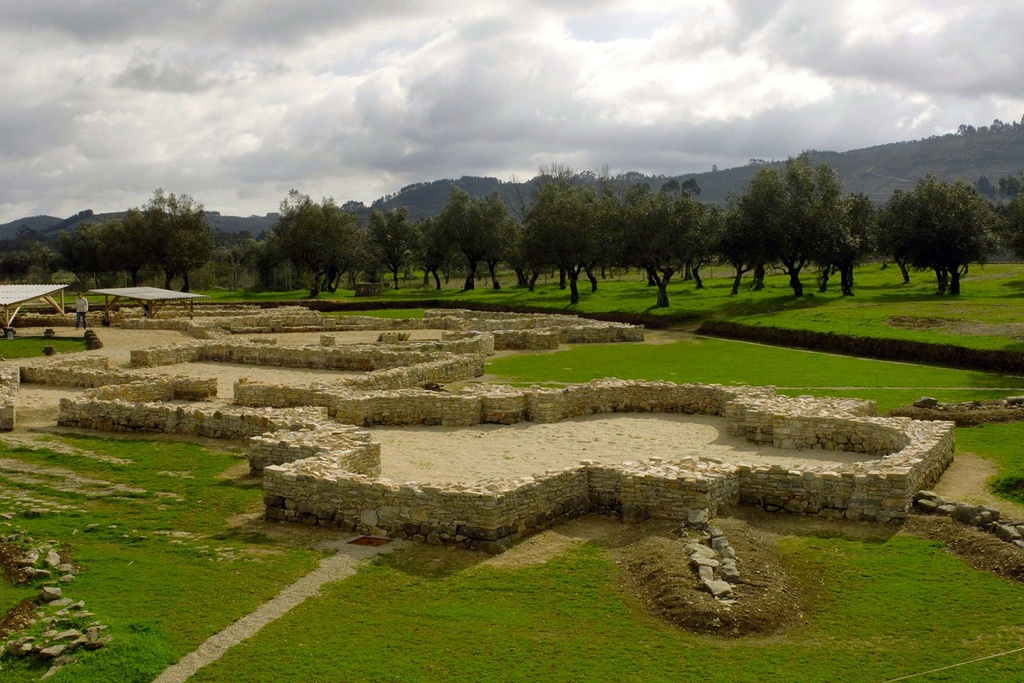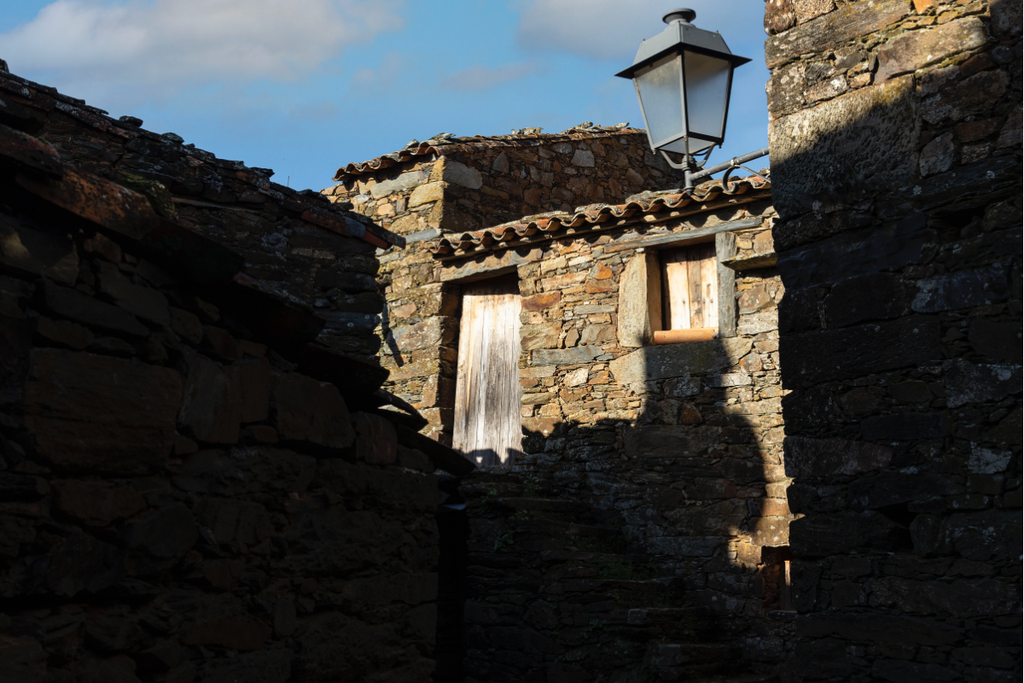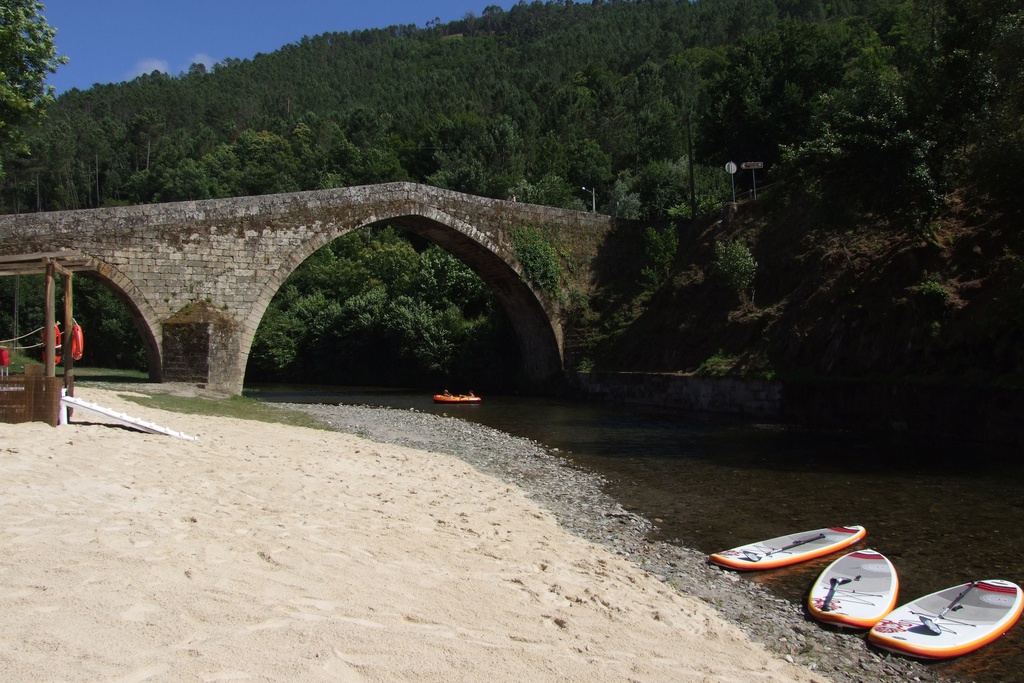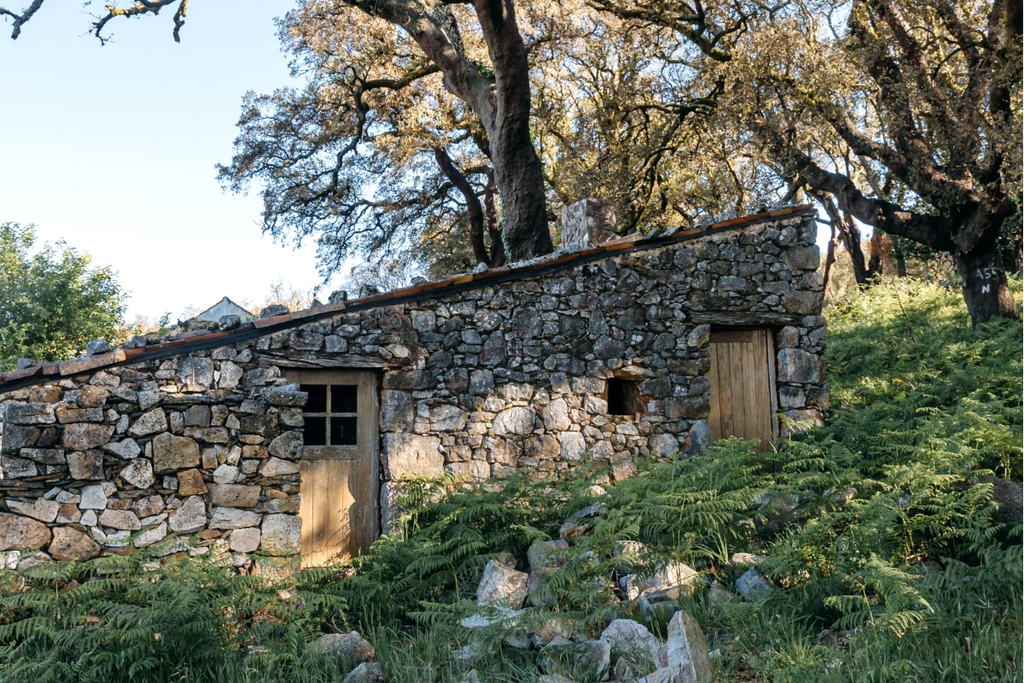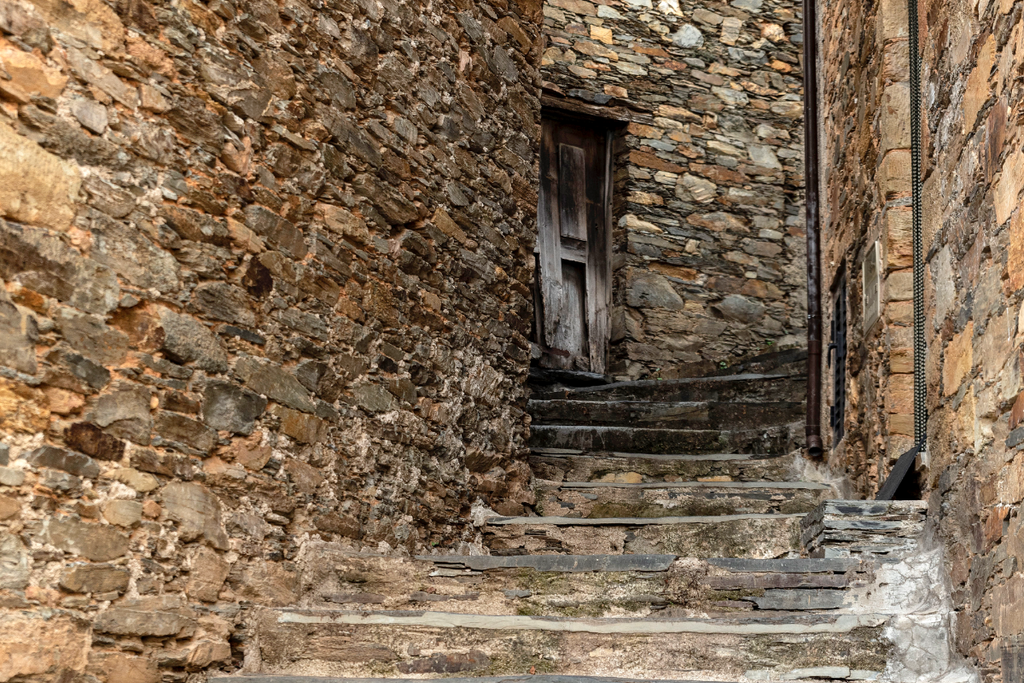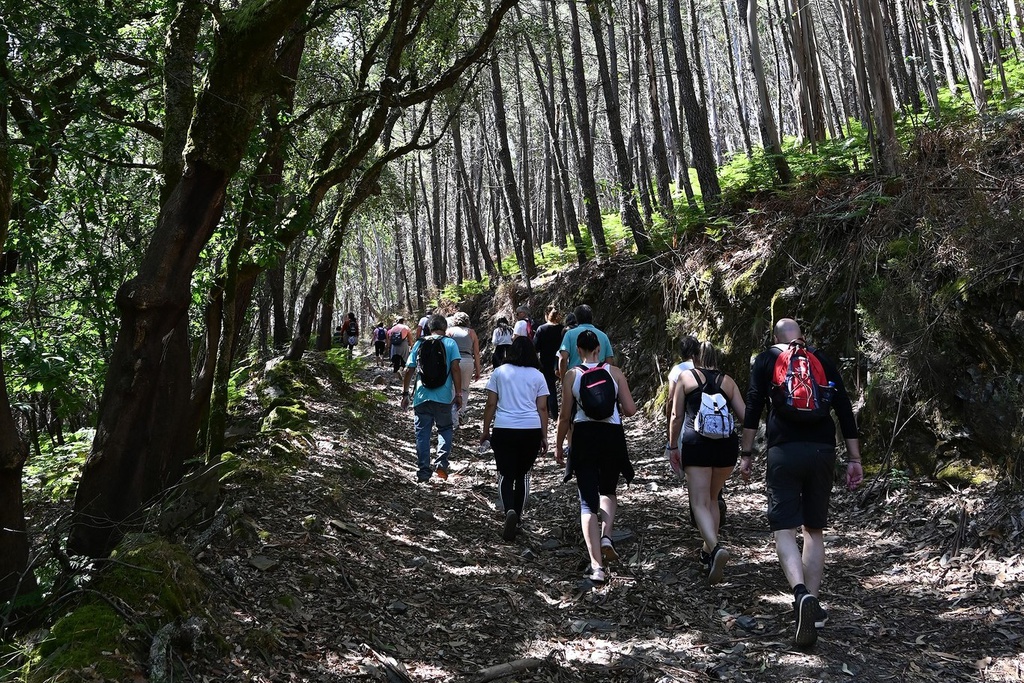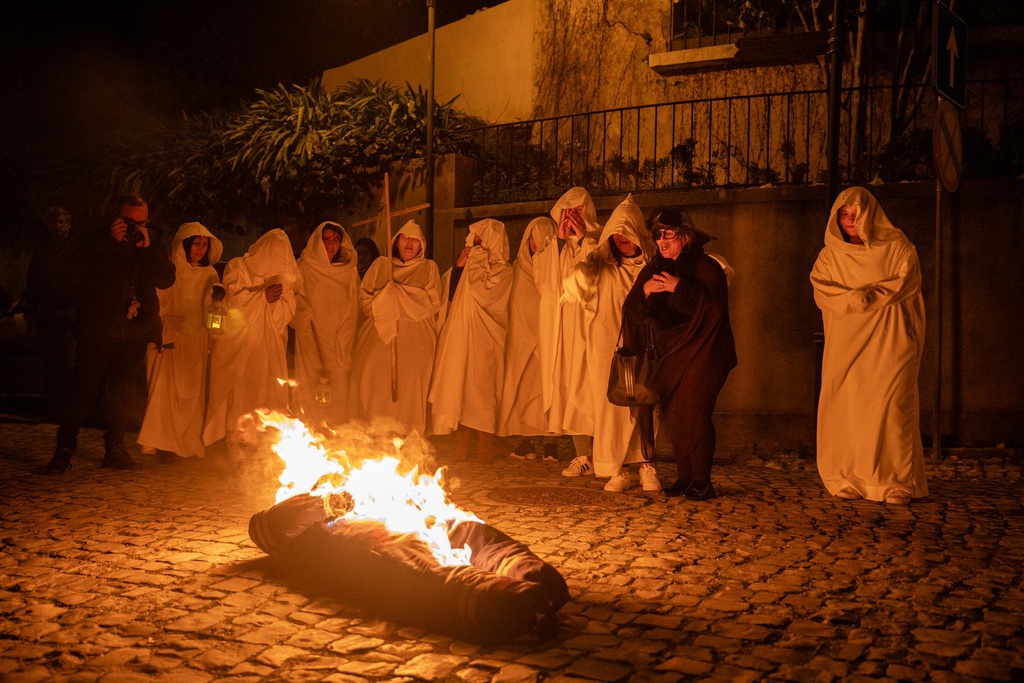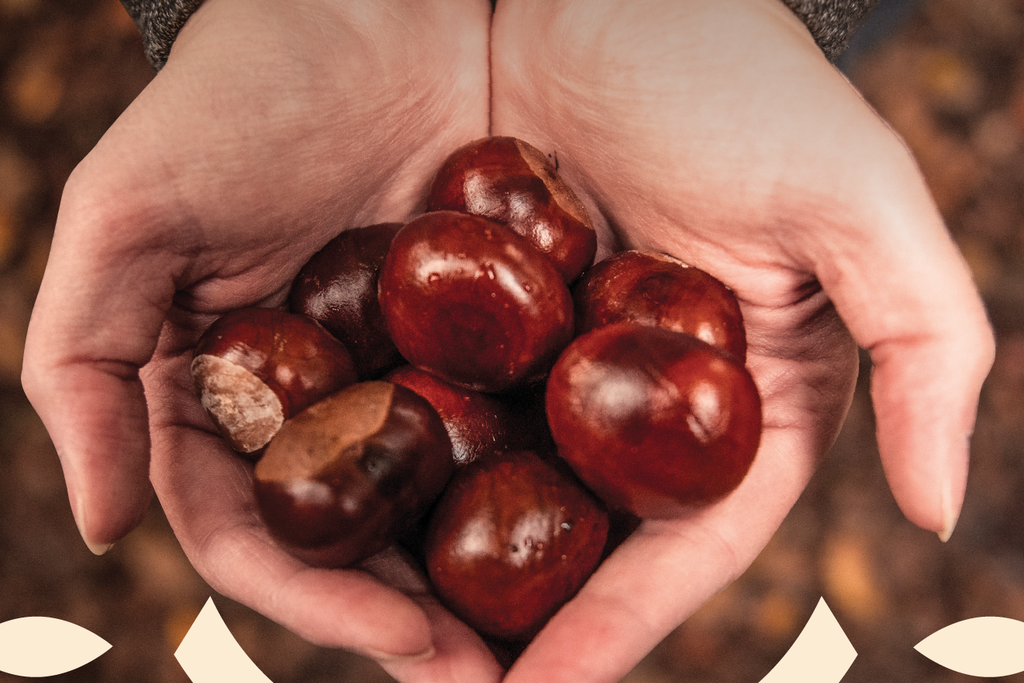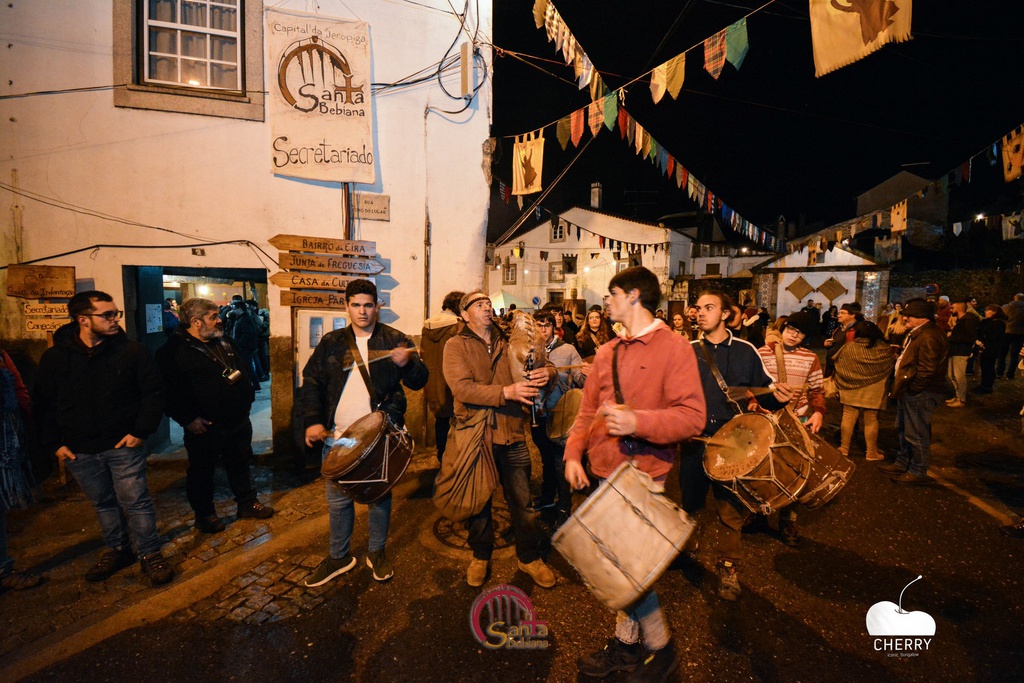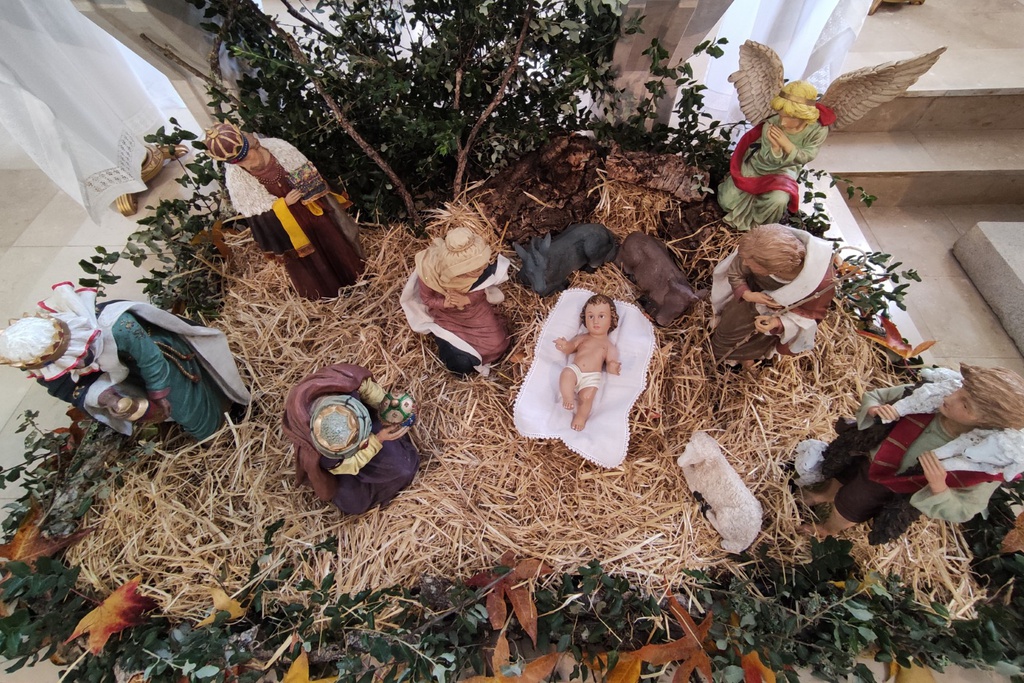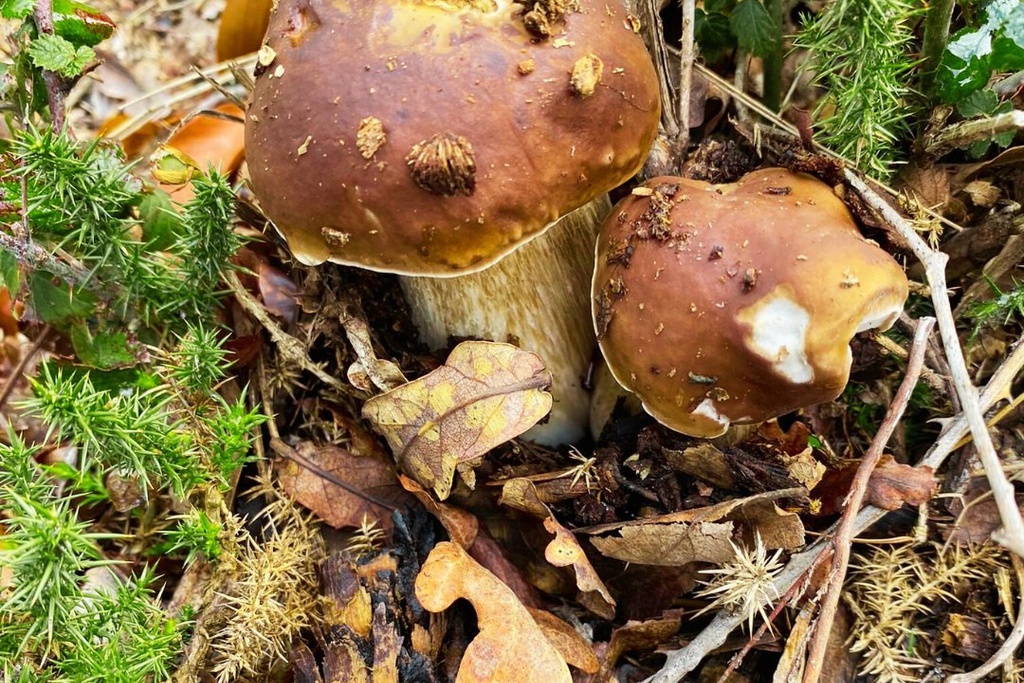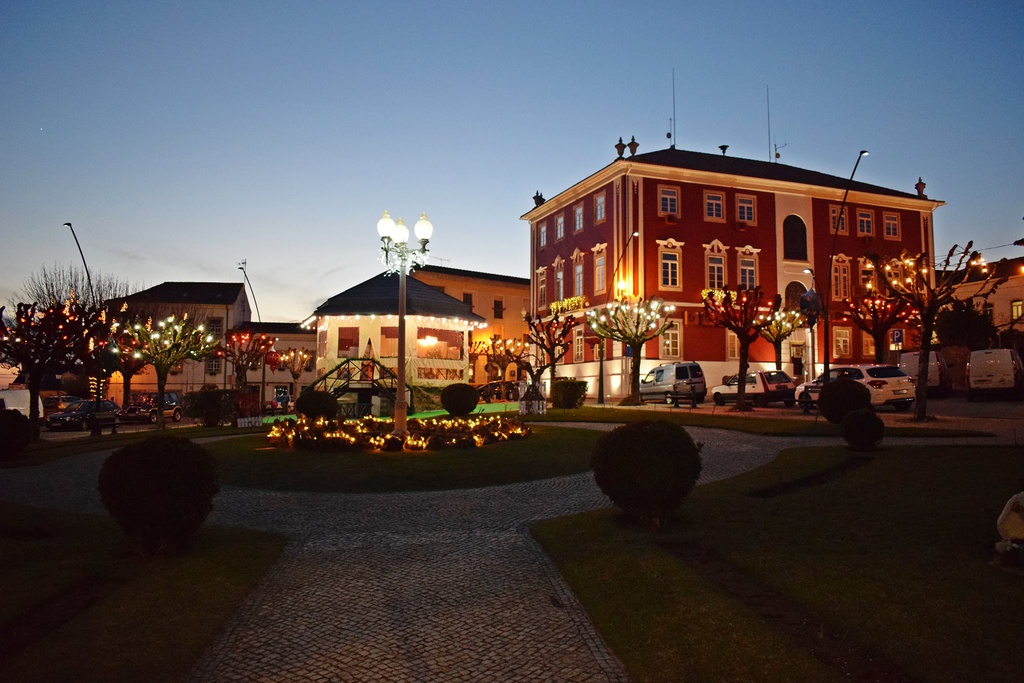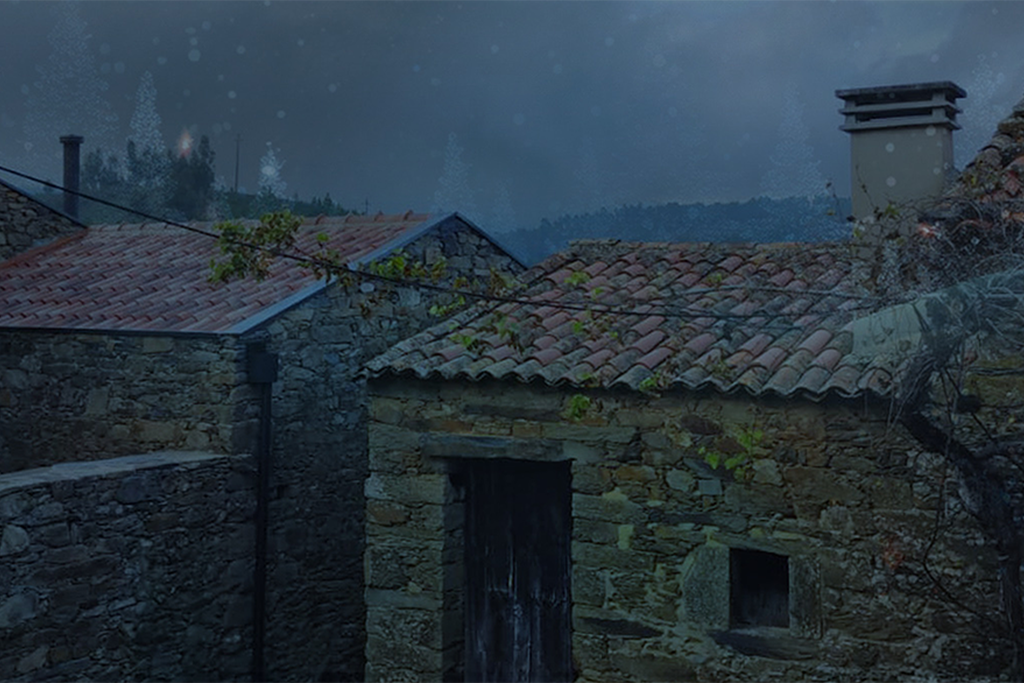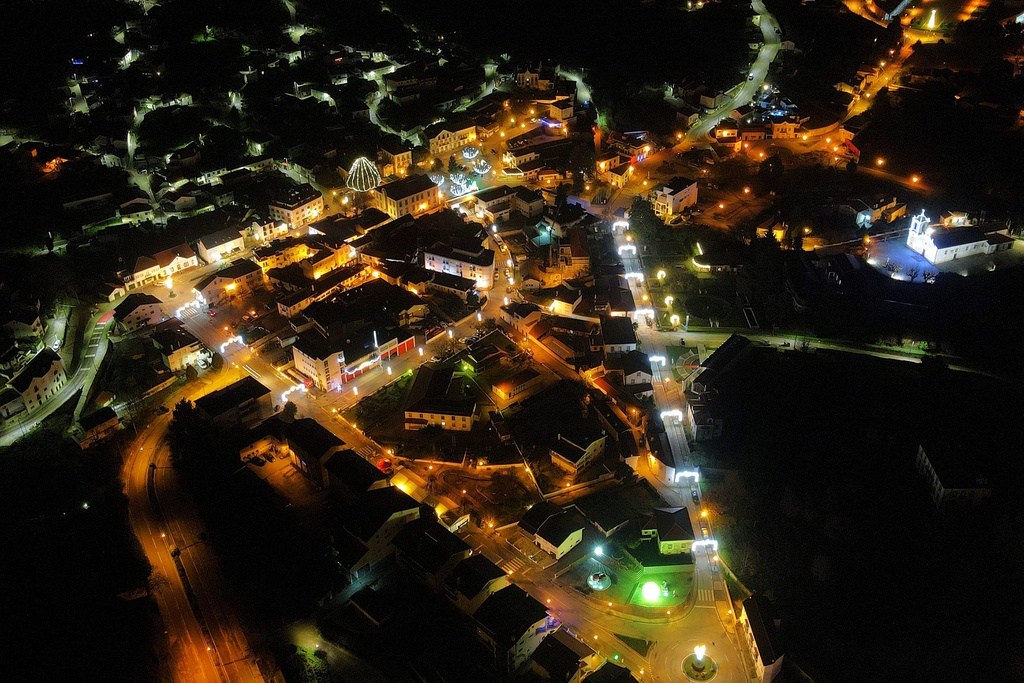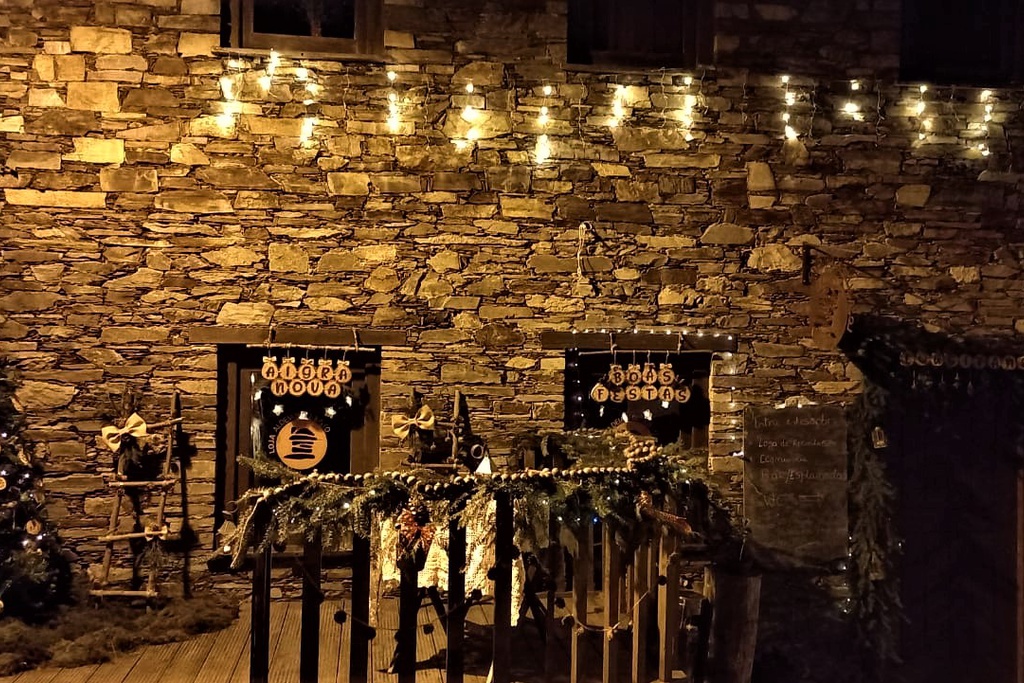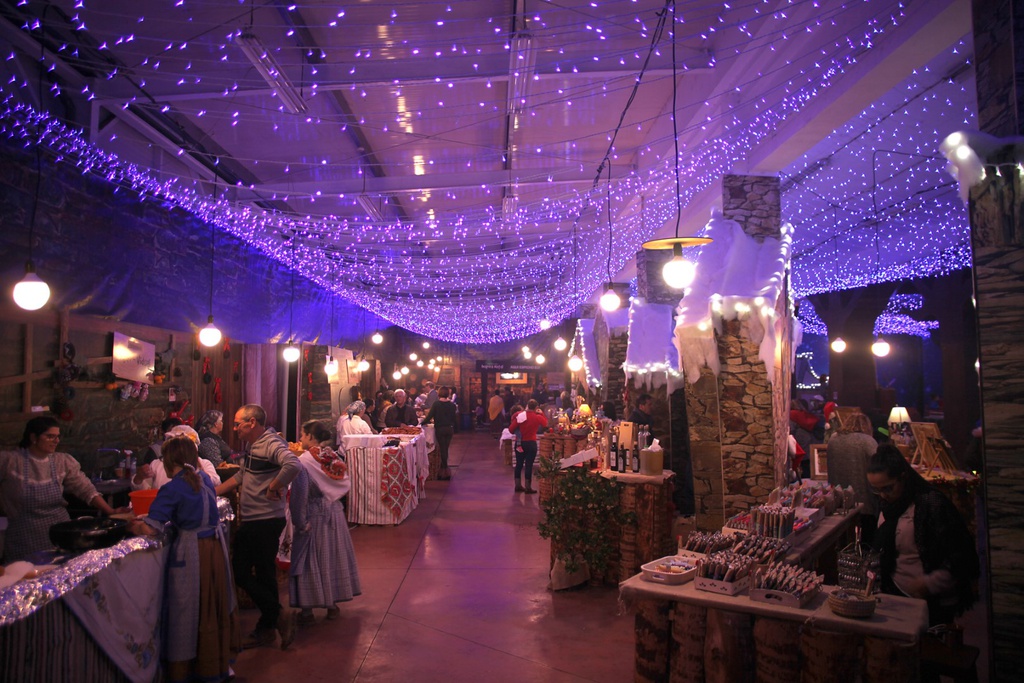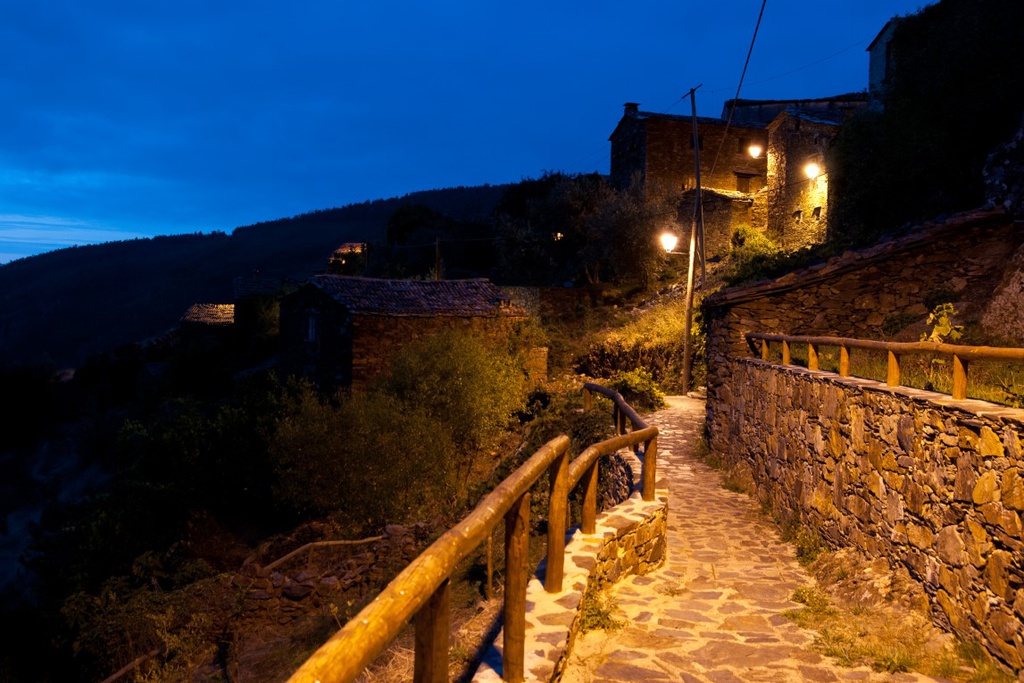Cabbage, cod, olive oil and new wine seasoned with joy and a good mood are the ingredients that are served in the Lagarada da Malhada Velha, Fundão council, a tradition celebrated each year once the olive season is over. Nobody remembers exactly how long ago it started, but it is known that, at least since there has been an olive press in the village, there has been the Lagarada.
The olive harvest is “hard work and this has been a way for people to celebrate the end of the season and socialise”, explains Filipe Gonçalves, the head of Olho Vivo - Associação de Caça e Pesca, the body that organises the initiative. Originally confined to the owners of the olive press, the initiative evolved and, in the hands of Olho Vivo, it has extended into the community over the years. The idea is “not to let a village tradition, which people always want to be a part of, die”, he emphasises.
We are interested in everything that is about our culture and our traditions.
In recent times, many participants have come from abroad to dine in the olive press and then walk through the village streets, from winery to winery, trying the new wine and the culinary delicacies specially prepared for this event. This is the case with Adelaide Abreu, José Maria Abreu and Rosalina Castro who came from Guimarães. “We know the country very well and we did a lot of research. I watch a lot of television and call the local authorities and parish councils to find out what is going on”, says Adelaide. They booked the weekend to tour the region, which they have visited on orevious occasions. Before reaching Lagarada, they passed through Vila Nova de Poiares to eat chanfana and visit the Panasqueira Mine Museum. The Bodo in Honour of Saint Sebastian, in Janeiro de Cima, was part of their plans for the following day.
The conviviality, the good humour and the warm welcome are aspects that they highlighted about their visit.“This is what characterises us as Portuguese”, argues Adelaide. “It feels good to meet people and it’s a way that, when we come back here, we Ken already meet familiar faces”, she remarks. “I’m in my own world. How wonderful! I am delighted”, added Rosalina. José Maria Abreu nods, showing that he agrees with the ladies.
A taste for tradition brings together 80 people
It is precisely the taste for tradition that, year after year, brings together families, friends and friends of friends to the Lagarada. This year, on 19th January, around 80 people gathered together. Even with forecasts of rain, which turned out to be true, turnout was as expected, according to Filipe Gonçalves. After about 150 cyclists participated in 2018, this year it was necessary to limit the number of entries. This ensures “that the activity isn’t watered down and there are the conditions to welcome everybody suitably”, and offer everybody a quality experience.
After dinner, the concertina players, hired to entertain the party, soon got the attention of everyone present. A circle formed around them, and before long they were sharing the limelight with the villagers, who began singing traditional “desgarradas”, that is, improvised songs.
In the midst of the music, conviviality and good humour, there was still room for business. In a video call, one of those present managed to show his mother, who was speaking from Israel, everything that was happening at the Lagar da Malhada Velha. And so 5 litres of olive oil were exported.
It was then time to tour the wineries and taste the new wine. This year, six wineries were visited. Manuel Agostinho, Manuel Antunes, Paulo Freire, Dionísio Gonçalves, Filipe Gonçalves and António Goncalves opened their doors and loaded their tables with food and drink, generously welcoming all the participants. “It’s a pleasure and I’m proud to welcome people to my house”, Dionísio Gonçalves told us. In the winery that he built with his own hands, and with the conviviality of his family and friends in mind, Dionísio explains that “this is a tradition like no other and so it mustn’t end”, and for this reason, he makes a point of taking part.
Manuel Agostinho and António Gonçalves not only open the doors of their wineries, but also make a point of contributing to the dinner every year. They are master chefs and, with the help of other residents, they cook the famous “cabbage” with codfish, generously coated with the new olive oil. And, of course, to accompany this, the wine, which is also new. Without work, “everything dies” and both are keen to ensure that tradition continues as it always has.
No hunger or thirst survives the Lagarada and, about a week later, the meeting will be scheduled for the beginning of next year.
Text: Andreia Gonçalves


